|
A common misconception about veganism is that it's challenging to meet essential nutrient requirements, especially calcium. However, with a well-balanced and informed approach, vegans can easily obtain all the necessary nutrients, including calcium, from plant-based sources. Calcium is crucial for maintaining strong bones and overall health. In this blog post, we'll explore some of my favorite vegan sources of calcium! Dark Leafy Greens Dark leafy greens like kale, collard greens, and bok choy are excellent sources of calcium. These nutrient-rich greens provide a powerhouse of vitamins, minerals, and fiber. For instance, a cup of cooked collard greens can deliver up to 25% of your daily calcium needs. Whether enjoyed in salads, stir fry dishes, or smoothies, these greens are a delicious way to fortify your bone health. Fortified Plant Milks Fortified plant milks, such as almond milk, soy milk, and oat milk, are becoming increasingly popular among vegans and non-vegans alike. These milks are fortified with essential nutrients, including calcium and vitamin D. Check the labels to ensure you're selecting varieties with adequate calcium content. Tofu and Tempeh I enjoy using tofu in my vegan pizza recipes, vegan mac and cheese, and so much more. Tofu and tempeh are versatile and protein-rich foods that also pack a calcium punch. Depending on the brand and preparation, a 3.5-ounce serving of tofu can provide about 20% of your daily calcium needs. Incorporate these soy-based foods into your meals for an amazing calcium boost. Sesame Seeds Tiny but mighty, sesame seeds are loaded with calcium. Whether sprinkled on top of salads, added to granola, or used as a flavorful seasoning, these seeds offer a substantial calcium contribution. Additionally, they bring healthy fats and essential nutrients to the table. Chia Seeds Chia seeds have gained a reputation as a superfood for their omega-3 fatty acids, fiber, and protein content. They are also a noteworthy source of calcium, with two tablespoons providing about 18% of your daily calcium needs. Try making chia pudding or adding chia seeds to your morning smoothie for a nutrient-packed treat. Beans and Lentils Beans and lentils are not only rich in protein and fiber but also contain notable amounts of calcium. Incorporating these legumes into your diet can help you maintain strong bones while enjoying the benefits of their nutritional profile. Chickpeas, black beans, and lentils are great choices to consider. Almonds Almonds are a delicious and crunchy snack that also happen to be a great source of calcium. They are rich in healthy fats, vitamin E, and other essential nutrients. A handful of almonds can contribute to your daily calcium intake while satisfying your snack cravings. Fruits Certain fruits, such as figs and oranges, provide smaller but still valuable amounts of calcium. Figs, both dried and fresh, contain easily absorbable calcium. Meanwhile, oranges not only provide a dose of vitamin C but also contribute to your calcium intake. Transitioning to a vegan lifestyle doesn't mean compromising your bone health. By including these great vegan sources of calcium in your diet, you can enjoy strong bones and overall wellness while embracing a cruelty-free lifestyle. From dark leafy greens to fortified plant milks, the plant kingdom offers a diverse array of calcium-rich options that are as good for your body as they are for the planet. Remember to maintain a balanced diet, and consider consulting a healthcare professional or registered dietitian to ensure you're meeting your individual nutrient needs. With informed choices, you can thrive on a vegan diet and reap the benefits of these incredible calcium sources. This post contains an affiliate link that I earn commissions from. Thank you.
0 Comments
It's back-to-school time and the beginning of a new school year. As a vegan parent it also means preparing healthy school meals and snack options as well. A majority of states do not have plant based initiatives in school, but there is hope. California recently became the first state to support plant-based school meals and committed $700 million to vegan school lunches. There is also an initiative in New York City schools called Plant Powered Fridays which gives students access to vegan school food every Friday. Other school districts across the country are giving students vegan lunches as well. Beginning in August 2023, Illinois public schools will serve vegan food to over 2 million students. This is exciting and encouraging as other school districts across the country fight to offer plant based meals to students. The right food and snack choices have a huge impact on how students perform, grown, and learn. I wanted to do this post because I am often asked about vegan snack ideas, and I wanted to share with you some of my favorites. A few of the links are to my affiliates, and a small percentage comes back to me so I can continue to publish vegan children's books. MadeGood Star Puffed Crackers We have been a fan of MadeGood products for a long time. From Granola Minis to Granola bars, everything is made with such high standards and packed with wholesome and nutritious ingredients. We were very excited to see star puffed crackers on the store shelves. They are baked with gluten-free, organic ingredients, and they are free from the most common allergies. My daughter's favorite flavor is cheddar, but I enjoy the sea salt puffed crackers. Before they were widely popular at her school, I would always bring MadeGood snacks to school parties, and the kids loved them. When they saw ingredients like spinach, broccoli, carrots, tomatoes, beets, and mushrooms, they were shocked! Because each product contains vegetable extracts, they are also filled with vitamins and minerals. And you would never know these ingredients are in there because the cookies and granola bars are are rich and decadent, the crispy squares are chewy and delicious, and the crackers are crispy and crunchy. Here are other links to some of our favorites, and we save money by buying in bulk on Amazon instead of the individual boxes in stores. MadeGood Granola Minis MadeGood Granola Bars MadeGood Soft Baked Cookies Mezcla Vegan Plant Protein Bars Original. Puff-crispy. Innovative. Tasty. These are just a few words to describe Mezcla bars. We discovered these a few years ago and were amazed by the unique flavor combinations and nutritional value. There are four one-of-a-kind flavors, 10 grams of protein per serving, and they are always soy, dairy, and gluten-free. The base is made from green pea crisps. My daughter likes the Canadian Maple Blueberry, and my favorite is the Mexican Hot Chocolate. Check out all the amazing choices below! Several people have asked, so I included a link to the lunch bag as well. Lunch Bag Mezcla Vegan Plant Protein Bars - Variety Pack Hemp Protein Bars
Did you know that hemp hearts are the most nutritionally complete food source in the world? These nutrient-dense protein bars have a rich and creamy texture and contain ingredients like cashew butter, hemp protein, cocoa butter, and chocolate. Hemp protein is also very digestible, and it may be a great option for those with diet sensitivities. I'm partial to the Cookie Dough Hemp Protein Bars, but check out all the amazing flavors: Use code: TSV to get 20% off! Please let me know if you try any of these vegan snack ideas. I would love to hear how you and your family enjoyed them. Also, check out what I had to say about The Loving Hut Sandy Springs, a fabulous restaurant with raw and unique creations and tons of vegan options. If you're ever in the Atlanta area, give them a try! Full Circle Farm Sanctuary provides forever home to formerly farmed, abused, and neglected animals5/21/2022
If you're looking for family friendly activities near Atlanta or animals sanctuaries in Georgia, you should visit Full Circle Farm Sanctuary. Located just an hour south of Atlanta, Full Circle Farm Sanctuary currently cares for 140+ residents that were formerly abused or neglected.
The sanctuary provides many ways to get involved including attending guest days, interning, donating, and sponsoring a resident. Guest Days are held twice a month on the 1st Saturday & 3rd Sunday of the month. On guest days visitors have the opportunity to go on a detailed, guided tour of the entire sanctuary, meet all the residents, and learn all about ways to get involved.
The last time we visited the sanctuary, we decided to sponsor Jupiter. Jupiter was set to go to auction, but someone helped him get to Full Circle instead, and we are so grateful! He is one of the largest in the herd but can be pretty shy. Jupiter was the face of the annual hay campaign as well! By sponsoring Jupiter we are able to help with his annual shots, hoof trimming, and regular food bills. Sponsors also receive:
Become a sponsor today. Find out more here.
There are many ways to volunteer at Full Circle Farm Sanctuary, and volunteers are always needed to help daily operations run smoothly. Whether you come to volunteer onsite with things like prepping produce, doing perimeter checks, or cleaning, or offsite by providing remote services like building enrichment items for residents and mailing in items from the sanctuary wish list, every volunteer is greatly appreciated.
Monetary donations make a huge impact as well and allow residents to receive critical care that is sometimes necessary. There are a few residents who are frequent veterinarian visitors.
Isabella is a 12 year old pygmy goat who is as independent as they come. Although she may be considered a senior goat, she has a youthful energy when giving her caregivers the run around! Recently, she has undergone a dental surgery to remove three teeth. The surgery went well, but x-rays show she will continue to need teeth removed in the future.
Giddeon is a 7 year old farm pig who loves to nibble on watermelon and pineapple. Giddeon has been experiencing some mobility issues as of late, but the Full Circle Animal Care Staff and the Veterinary Staff at Auburn University are working together to set him on the road to recovery (and the road to more pineapples).
Ned is a 10 year old goat. At times he is a force to be reckoned with and at others a friend to be cuddled. Ned is a frequent visitor to the medical barn at Full Circle and when necessary he makes the trip to Auburn university. He has become quite the social butterfly since receiving all of his extra care and attention from staff!
You can also download the abillion app on the Apple Store or Google Play. Every review posted raises $1 that can go toward Full Circle Farm Sanctuary.
Full Circle Farm Sanctuary is one of our favorite places to visit. Every time we visit and have the opportunity to interact with the residents, I am reminded about how far I've come on my vegan journey. Take the time to register for one of the guest days. You will absolutely enjoy it. Have you visited Full Circle Farm Sanctuary? Comment below! I just hit a vegan milestone. In February 2022 I celebrated my six-year veganversary. I often reflect on what I was doing before I became vegan. It reminds me of how far I've come. After I became vegan, I wanted to educate as many people as possible, try new vegan products, and support great vegan causes. What if I told you there's an app that does just that. Founded by Vikas Garg, this amazing app does everything from letting you review vegan food, fashion, and beauty options, to routing each dollar applied to your account to a number of animal sanctuaries. People often ask me about my favorite vegan products. Sometimes when I am shopping in the grocery store and picking up my Hodo tofu and Made Good products, I am usually asked, "Are those good?" I end up having an entire conversation about my favorite products. It often happens at the register as the cashier is scanning my groceries as well. This app makes it so easy. Any time you run across a new vegan product, just snap a pic, write a quick review, and watch $1 be added to your account to donate. I love how this app connects my purchasing choices to animal welfare. Before becoming vegan many of my purchasing choices were connected to animal cruelty. That is why I am a proud abillion ambassador. When I say this app changes lives, it truly does. I know when I first became vegan there was not an app like this that was so comprehensive and shared so many vegan food, product, and restaurant reviews. I had to search online, browse social media, or hit the stores myself to search for vegan options. Abillion changed the game. In fact, abillion has shared approx. 100,000 restaurants and consumer product companies in 149 countries. It has also seen over 700,000 food reviews and over $500,000 has gone to the many organizations that can received the donations.
Head on over to the app store, use the code "SENSIBLEVEGAN" and start donating to animal charities when your reviews turn into donations! My vegan journey has been an amazingly extraordinary learning and growing experience. I am grateful that my husband and daughter are on this journey as well. People become vegan for several different reasons, but for me it was because I witnessed animal abuse in a documentary and literally became vegan overnight. I shared the various vegan documentaries with my husband, but when you're raising a vegan child you take a different approach. It's amazing how kids understand veganism and the concept of protecting all animals much faster than adults. They just get it. My daughter understands, and I always try to find teachable moments to help her. Little did I know, a big moment was fast approaching. I had researched Full Circle Farm Sanctuary in the past and knew I wanted to make the trip there with my family, but my schedule never allowed me to visit. This year my daughter's class was taking a trip to the Georgia Aquarium, so I knew exactly where to take my daughter instead. After we visited Full Circle, I posted about our trip online. There were many people that genuinely didn't think about the concept of visiting a sanctuary instead of a zoo or an aquarium. In the past, I was one of those people. An animal sanctuary and zoo are not the same thing. When I learned first-hand about Full Circle Farm Sanctuary from our wonderful guide, Riki, I was blown away. My daughter was in awe. Full Circle is a 501(c)(3) non-profit organization that provides a safe place for rescued farm animals. Farmed animals are the most abused, neglected, and exploited animals on the planet. -"Full Circle Farm Sanctuary exists to counter the undeniable cruelty and exploitation inherent within animal agriculture, providing loving lifetime homes for individual farmed animals who otherwise would face horrific suffering and premature deaths."-Full Circle Farm Sanctuary website Full Circle Farm Sanctuary operates fully on donations. Each animal there has an amazing story, and they are all precious. Some were bought as exotic gifts for children and then became unwanted. Some faced abuse, and some had been abandoned. Others were facing slaughter, but instead of death they are living full lives in their forever home. I was amazed at how large some of the cows and pigs were, but instead of their great sizes being normal occurrences, it's an exception in today's society. Pigs can live 15-20 years, but most pigs are slaughtered around the age of six months, a mere fraction of their intended life spans. Factory farmed cows also face the same fate. Cows can also live 15-20 years or longer, but beef cattle are usually slaughtered around 18 months, and dairy cows around four years. Mere babies. This is why organizations like Full Circle Farm Sanctuary are so vital. They provide educational outreach, programs, and events as well. They host everything from cooking classes to tours and family days. There are many ways to get involved. You can participate in a volunteer workday, become a business partner, sponsor a resident, transport supplies or animals, and much more. I encourage you to visit and bring a friend and definitely your children. It's a first hand lesson in compassion, and it's a trip that my daughter and I look forward to making again in the near future.
Easter is a beautiful time of the year. Spring flowers are blooming, birds are singing, egg hunts abound, and there are plenty of chocolates and sweet Easter treats to choose from. Images of adorable baby chicks, bunnies, and lambs pop up in advertisements and all over social media. As a Christian, Easter symbolizes a celebration of life through Christ. In fact, Easter is one of the most important holidays to Christians because we celebrate the resurrection; however, after becoming vegan I have started to look at the symbols of Easter, and how many fail to see the not so cute side of the holiday. Let's look at five of them. Bunnies Easter, and the Easter bunny go hand in hand. The bunny is probably the most widely recognized image associated with Easter. Several of my local grocers and supermarkets have an entire section overflowing with bunny items including books, stickers, toys, and baskets that contain stuffed toy bunnies of all shapes and sizes. They look cute and fluffy, but bunnies often face immense cruelty. According to PETA, they are the third most abandoned animals in shelters.They are not Easter gifts or temporary pets to be soon discarded. They can live 10 years or longer, and people often times do not want to make that commitment. When it comes to product testing, many companies use bunnies to test their products. This includes forcing substances into bunnies stomachs, or dripping chemicals into their eyes. This despicable practice needs to stop. How can you help? Look for products with the cruelty-free symbol. There are numerous products that are both vegan and cruelty-free. You just have to do your research. Chicks According to the Food and Agriculture Organization of the United Nations, 62 million chicks are born worldwide every day. If you think that number is staggering, check out this fact: An article in Poultry Science states as of 2018, 7 billion day-old male chicks are culled worldwide each year in the egg industry. Culling is the practice of grinding up living baby male chicks in a high speed grinder because they are not profitable for the egg industry. In addition to grinding, suffocation, electrocution, and sometimes gases are also used to induce unconsciousness. There are a number of organizations fighting to prevent this atrocity that sadly continues to happen everyday. What can you do? There are numerous egg-free options at your local supermarket. Try some today! Lambs There is a popular view that lambs are not very smart, but that is quite the contrary. Animal Sentience: An Interdisciplinary Journal on Animal Feeling, states that lambs are "complex, individualistic, and social." They are extremely intelligent and capable of problem-solving. They display emotions that can be understood by studying the position of their ears. According to the global organization Four Paws, "When they experience stress or isolation, they show signs of depression similar to those that humans show by hanging their heads and avoiding positive actions." Lambs are also a popular Easter meal. A quick online search yields recipes like "roasted Easter lamb" among many others. Over two million sheep and lambs are slaughtered for meat each year. Although sheep can live twelve years, lambs are typically slaughtered when they are 6-8 months old by being shocked with high voltage and hung upside down to have their throats slit. What can you do? Instead of opting for lamb, try some savory and delicious vegan alternatives. Companies like Gardein, Field Roast, and Tofurky make amazing plant based meats and roasts. Eggs Did you know that Americans spend billions of dollars during Easter each year? According the the National Retail Federation, spending this Easter is expected to be the second highest in NRF history and expected to bring in $18.2 billion. Paas, the world's largest manufacturer of Easter Egg dye, is used on more than 180 million eggs a year. More than 300 million hens are used by the egg industry every year. They are literally born into a life of misery with the males being killed at birth, and the females are turned into egg producing machines crammed into tight living quarters and often never seeing the light of day. Their lives ultimately end in slaughter. What can you do? Again, look for egg alternatives and options. Millions of eggs equals millions of suffering hens and chicks. Chocolates From chocolate eggs to chocolate bunnies, Easter is a holiday known for sharing and consuming baskets filled with sweet treats. The average celebrant is expected to spend and average of $152 on baskets, candy, and decorations. About 90 million chocolate bunnies are produced each year worldwide, and over 60 percent of Americans prefer milk chocolate instead of dark chocolate. In order to produce milk chocolate eggs and bunnies, you have to go to the source-a dairy cow. The life of a dairy cow is heartbreaking. Cows produce milk the same reason humans produce milk: to nourish their babies. Instead, baby calves are taken from their mothers shortly after birth so the milk can go to humans. As I researched about the lives of dairy cows, I became increasingly troubled. I am proud to be part of Mothers Against Dairy. Mothers against dairy was founded by Ashley Capps, and according to the website it's "devoted to elevating the stories of vegan mothers for whom motherhood influenced their decision to reject dairy and go vegan, as well as reflections from mothers who were already vegan before becoming a parent, but whose mothering relationship deeply reinforced for them the injustice of dairy farming." What can you do? Reach out to Mothers Against Dairy to tell your story. There are many non dairy chocolate options, and I also like making my own vegan chocolates as well. As you are celebrating the Easter season and taking part in festivities and celebrations, let these images and this information be a reminder to you. The choice is yours. Each person can make a positive impact. Veganism is on the rise, and more and more people are demanding meat and dairy free options, including vegan Easter treats. Don't just take my word for it. Do your own research into the information provided. Wishing you a happy and thoughtful Easter!
Well, today is a very strange holiday. Often times I like to look at the date and search online to see which holidays fall on a certain day, and today is National Cheese Sacrifice Day. So, what does this mean? Well, it started with people buying cheese on this day and "sacrificing" it to household rodents, using cheese to snare them in traps. Today, people have given it a whole new meaning. Some "sacrifice" a little of their budget to splurge and try an expensive cheese they may not normally purchase. I propose two new meanings. Understand who really makes a sacrifice when dairy is consumed. There is an image that I will never forget. It was the Fourth of July, and several dairy farmers posted photos of baby cows in chains with the captions "Let Freedom Ring" and "Happy Fourth of July" among other things. These sad images are are constant reminder of the ones who make the true sacrifices for the sake of dairy products like cheese. The dairy cows sacrifice their milk unwillingly so that it may go to the millions of people across the world who say they cannot live without it. The babies are taken away from their mothers, and many dairy mothers actually defend this practice. According to Modern Day Farm Chick, since "cows aren't humans" it is perfectly fine to separate them. She goes on to say that it must be done "to provide the best care for the cow and calf.” Ultimately, dairy cows sacrifice their lives. When they are unable to produce the expected amount of milk, they are slaughtered and end up on someone's plate. Sacrifice eating cheese on this day, instead of consuming it. We've all heard of Meatless Monday. Well, this holiday could be a day, just one day, out of the year where dairy cheese lovers could forego eating cheese. There are a long list of benefits that arise from eliminating dairy all together. Many studies and research show the dangers of consuming dairy products. Dr. Neal Barnard, physician and president of the Physicians Committee for Responsible Medicine, says the average American consumes more than 33 pounds of cheese per year. He says cheese is both fattening and addictive because of the dairy protein called casein. He describes how it has opiate molecules built in and says when babies nurse, they are getting dosed with a mild drug. According to Barnard, "Milk contains opiates that reward a baby for nursing." There are countless non-dairy cheese products and nut cheeses on the market as well. These high quality products provide amazing health benefits while providing the taste, texture, and flavor of dairy cheese products without the harmful effects. They can be used for pizza, quesadillas, and much more! So, instead of consuming dairy cheese, try a non-dairy option. Your body will thank you, and so will the dairy cows across the world.
Maybe I have food allergies and have no idea. Maybe it's because I have only been vegan for a year and a half and consumed a lot of dairy products leading up to the start of my vegan journey. I am not sure the reason, but frequently I have been waking up with nasal congestion and throat congestion. In another blog I talked about digestion problems and a skin rash that I had all the way up until I became vegan. After I became vegan, they both cleared up within a matter of weeks and never returned, but the nasal and throat congestion has been a lingering and aggravating nuisance. Several studies show that wheat or gluten can cause the congestion a well.
One of the major components of Dr. Sebi's plan is eliminating mucus from the body. He states, "Mucus is the cause of every disease." He also discusses how eating too many acidic and not enough alkaline foods causes the production of mucus in the body. So, I carefully studied his list, and started my seven day plan to see if I would notice a difference in my system.
During the seven days, my diet mostly consisted of peaches, melons, walnuts, lettuce, garbanzo beans, cucumbers, avocados, and tomatoes.These are all on the list, and on the first day, I made a large amount of walnut "meat" and guacamole and ate this on lettuce wraps for several days. It is a delicious and simple vegan recipe. When I was not eating the wraps, I was eating bowls of fruit, homemade guacamole and cucumbers, or snacking on walnuts.
I also started every morning with a cup of warm water and lime juice. This is said to stimulate the gastrointestinal tract, and it also alkalizes the body and helps maintain a higher pH balance.
On day three I was more congested than usual. It was like my body was trying to eliminate in overdrive, and I really felt it. I had to keep a box of kleenex on hand throughout the day, and this was very frustrating. I was wondering if it would go away, but on day four I woke up with very little congestion at all. I kept eating my meals and snacks, drank plenty of water, and I really started feeling a huge difference. One of my go-to snacks was homemade guacamole and sliced cucumbers. I also enjoyed mango with cucumber slices as well.
Days five through seven were smooth sailing. On day five, I did deviate from the plan and had some raw pumpkin seed bars with my peaches. My daughter loves them, and I ended up buying a few of them for myself when I was getting some for her.
Overall, I have to say that after day three the congestion was minimal. I do think I need to take an allergy test just to see if I am unknowingly causing all this stuff that could easily be prevented. I do know that I am going to be more mindful about trying to make sure I include more alkaline than acidic foods in my diet and in the family meals I prepare. Will I stick solely to Dr. Sebi's plan? No. However, I will incorporate many of his principles into my lifestyle and continue to enjoy my vegan journey!
Affiliate Link: As an Amazon Associate, I earn from qualifying purchases.
My vegan journey has been quite remarkable. When I reflect back on the time when I was just like many Americans, buying and consuming animal products without even thinking about it, it seems so surreal. Day after day animals across the world pay the ultimate price so that people can have a glass of milk with breakfast, a steak or chicken dinner, and keep slaughterhouses and factory farms in business. In this vicious cycle of animal cruelty, people often forget (or don't even think ) that animals are brilliant creatures that experience feelings and emotions, too. Here's how...
Pigs
Pigs are amazingly intelligent. Studies show that they have long term memories, great problems solving skills, and are able to learn complex combinations of symbols for actions and objects.
They also feel empathy toward their pen mates. They feel fear, sadness, and happiness just like humans. They love to socialize and conversate, and mother pigs develop strong bonds with their babies. That's why it saddens me to think about the torture they endure at slaughterhouses. According to the USDA's number of Estimated Daily Livestock Slaughter under Federal Inspection, 2,179,000 hogs were slaughtered just last week.
The road to slaughter is gut wrenching. In natural settings, pigs can live up to fifteen years. Factory farmed pigs are sent to slaughter around six or seven months of life. They are packed tightly into 18-wheelers, and millions often die on the road to slaughter. Typical slaughterhouses kill over 1,000 pigs per hour. In May 2015, a Compassion Over Killing investigation uncovered severe abuse of pigs. Investigators saw “conscious pigs being dragged, improperly stunned (i.e. ineffectively stunned and double stunned), abused with electric prods, maliciously beaten, pushed, kicked and otherwise severely mistreated.” There are many organizations and sanctuaries that fight daily to rescue and eliminate the suffering of pigs. Wallow in the Woods pig sanctuary in Metter, Georgia rescues and cares for unwanted or neglected pot belly pigs. Pigs Peace Sanctuary also does phenomenal work.
Chickens
There are hundreds of breeds of chickens worldwide. Studies show that chickens have distinct personalities, great memory skills, and complex communication. They are also able to experience fear, anticipation and anxiety. Mother hens are very caring and bond with their chicks, but that bond is broken too often. According to United Poultry Concerns, "In the U.S., each year, 9 billion “broiler” (baby) chickens, both males and females, are raised and killed for food. Worldwide over 50 billion chickens are now being slaughtered every year." Factory farmed chickens often never see the light of day. Instead, they are cramped by the thousands in sheds, and baby chicks raised on factory farms are not allowed contact with his or her parents, let alone be raised by them, and the abuse chickens are subjected to is disgraceful. Thankfully, there are many organizations that rescue chickens from abuse.
Cows
Cows are so fascinating! A 2004 study conducted by Cambridge University showed that young heifers exhibit behavioral expressions of excitement when they solve a problem, and they also take pleasure in their own learning achievements. While working on her PhD at Northampton University, Krista McLennan discovered that cows have best friends and become stressed when they are separated. Unfortunately, separation, sadness, and and stress are part of the life cycle of many cows. Dairy cows know this all too well. Babies are taken from their mothers shortly after birth. Male calves are taken away to be raised for beef and females for milk. Once females are no longer able to produce milk, they are also sent to slaughter. There are many organizations that provide sanctuaries and save the lives of cows. The Cow Sanctuary in Bridgeton, NJ provides lifelong care and rehabilitation to cows, emus, horses, goats, pigs, ducks, geese, and other animals as well. Many of the animals were rescued from cruelty and neglect. Rowdy Girl Sanctuary is located in Angleton, TX. The story behind this sanctuary is remarkable. They provide lifelong, compassionate care to many animals whose lives usually end in brutal death.
There are hundreds of organizations across the country that fight each and every day for the freedom, rights and protection of animals. Each and every day another person makes the life changing decision to join the ranks of the millions of vegans across America to become vegan and embrace an ethical lifestyle that defends and advocates for animals-beautiful, intelligent, amazing creatures that all deserve to live a full and happy life-and for that I am very happy!
A report released May 19, 2017, by the National Agricultural Statistics Service (NASS), Agricultural Statistics Board, and United States Department of Agriculture (USDA), reveals some startling facts about milk production and consumption. Basically, dairy cows produce massive amounts of milk on a regular basis to keep up with the insatiable demand of Americans. In fact, the report states that "milk production in the United States during April totaled 18.3 billion pounds, up 2.0 percent from April 2016," and "the number of milk cows on farms in the United States was 9.39 million head, 69,000 head more than April 2016, and 8,000 head more than March 2017."
In this blur of milk production and distribution, one voice is often silenced. If dairy cows had a voice, there are three things that they would want us to know.
The milking machines are physically exhausting. I am sometimes milked for 10 months out of the year, including the time I get pregnant. I am milked two to three times a day, seven days a week, and continuously attached to milking machines. I develop mastitis in my mammary glands. I have watched friends die from this disease. After milking, I am returned to my lonely, cramped, concrete stall to wait for my next milking. That is my life.
"Production per cow in the 23 major States averaged 1,967 pounds for April, 20 pounds above April 2016. This is the highest production per cow for the month of April since the 23 State series began in 2003." (USDA 2017)
I miss my baby. I didn't get to bond with my baby. I didn't get to nurture my baby. When my precious baby was born, something terrible happened shortly thereafter. I was nursing my beautiful calf, and then someone took her. They ripped her away from me. I tried to call for her, but it did no good. No one listened. No one cared. My life is stressful. I know that one day she will be artificially inseminated and begin the vicious cycle that I currently endure. I had no time to mourn though. I was quickly put back to intensive milk production.
"Abrupt and early weaning, such as occurs on the typical dairy farm, appears to be distressing for both calf and cow," says Weary. "The calves will engage in repetitive crying and become more active," he says, "and sometimes you'll see a decline in their willingness to eat solid food."-Daniel Weary, an applied animal biologist at the University of British Columbia. The Emotional Lives of Dairy Cows, Mary Bates
My days are numbered. I would normally live 20-25 years, but I will only survive three to five years because of this intense, cruel life. I look around, and each and every day I see faces disappear. I know one day it will happen to me when I can no longer keep up and produce the high level of milk demanded of me. One day I will be packed onto a crowded truck to be transported to that place. It's called a slaughterhouse. The truck was here just yesterday. It was a sad day. After the hard life of servitude that I have endured, knowing I will one day end up as food on someone's plate is just too much to comprehend.
There is a ray of hope. There are many organizations out there that speak for me. Organizations like Free from Harm, Milk Hurts, Mothers Against Dairy, and Occupy for Animals, tell my story. There are countless others as well. They are my voice and the voices of many. I hope you listen to their messages. I hope my story inspires you to start your vegan journey. What is my life worth to you?
As an Amazon Associate, I earn from qualifying purchases.
|
About Tabatha JamesTabatha James is a wife, mom, and children's book author navigating her way through a vegan way of life! Vegan Archives
February 2024
Vegan Categories
All
|

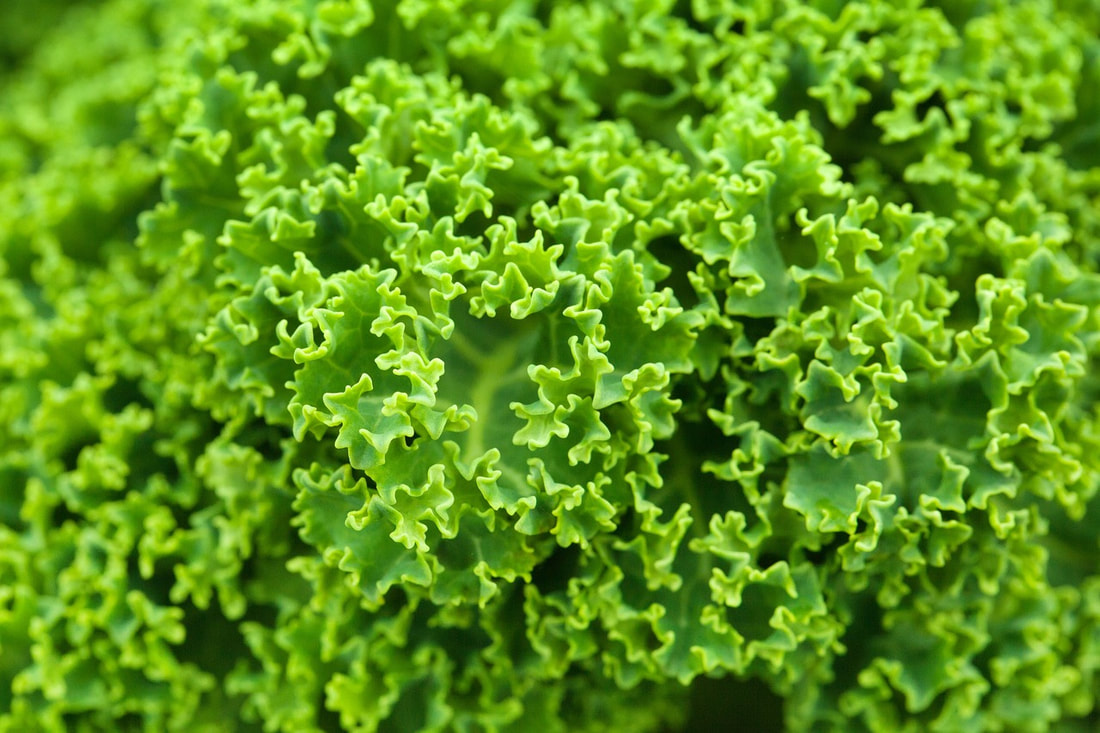
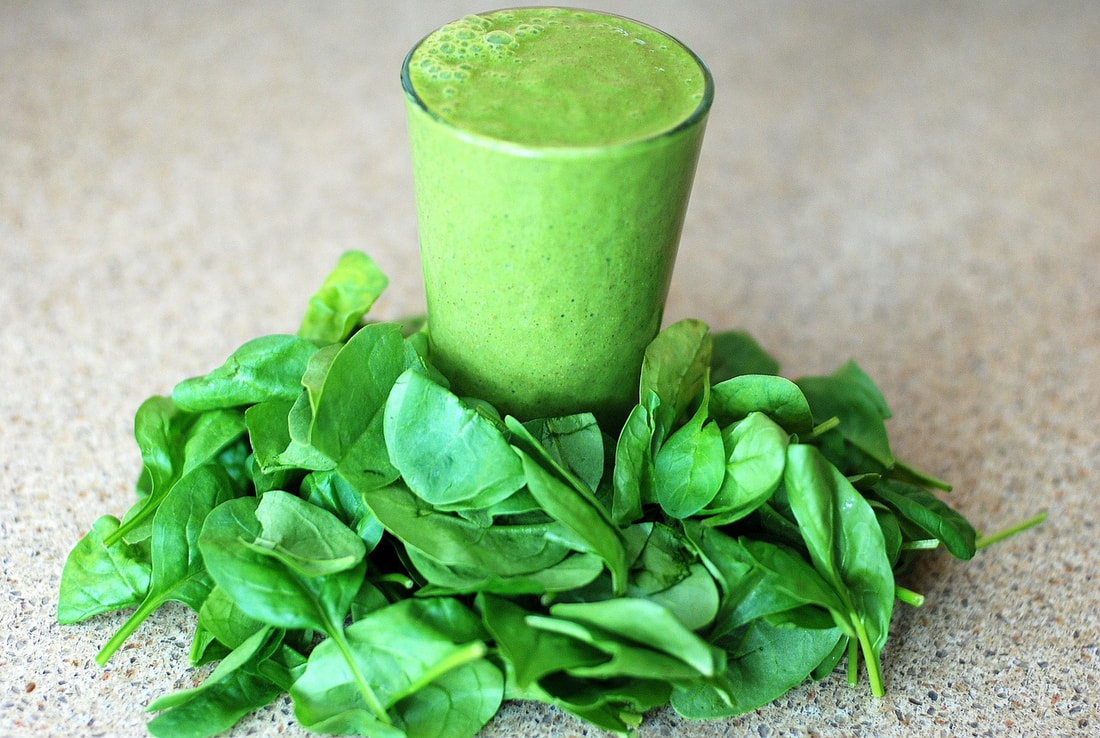
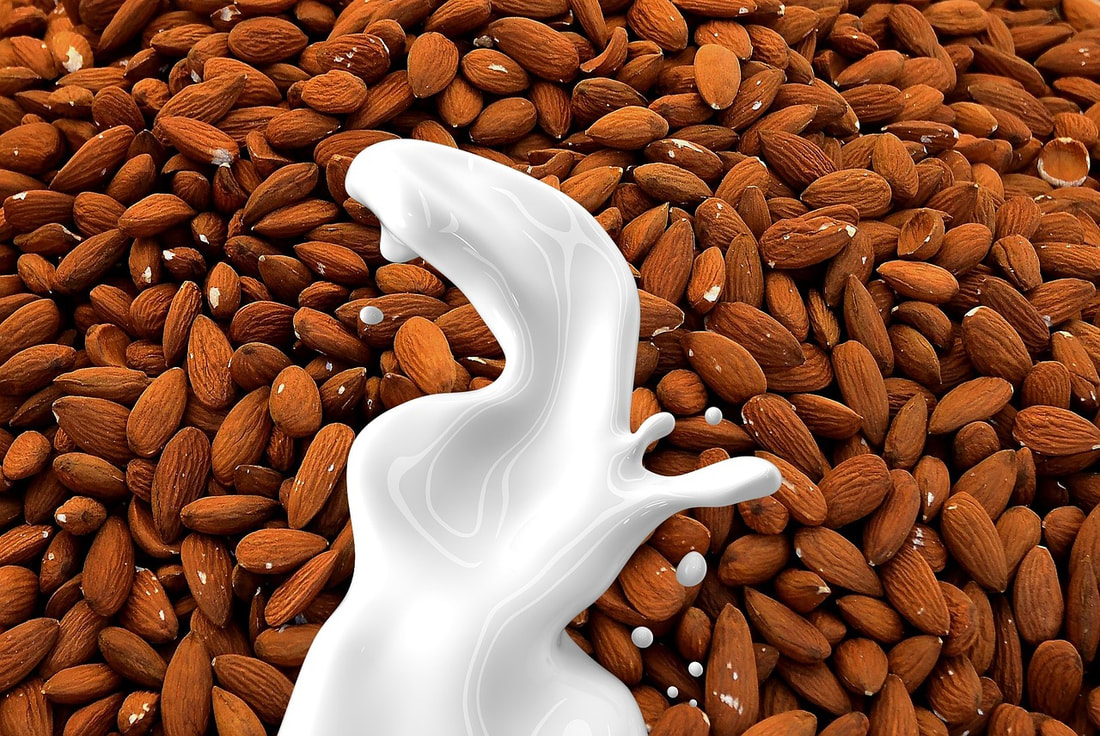
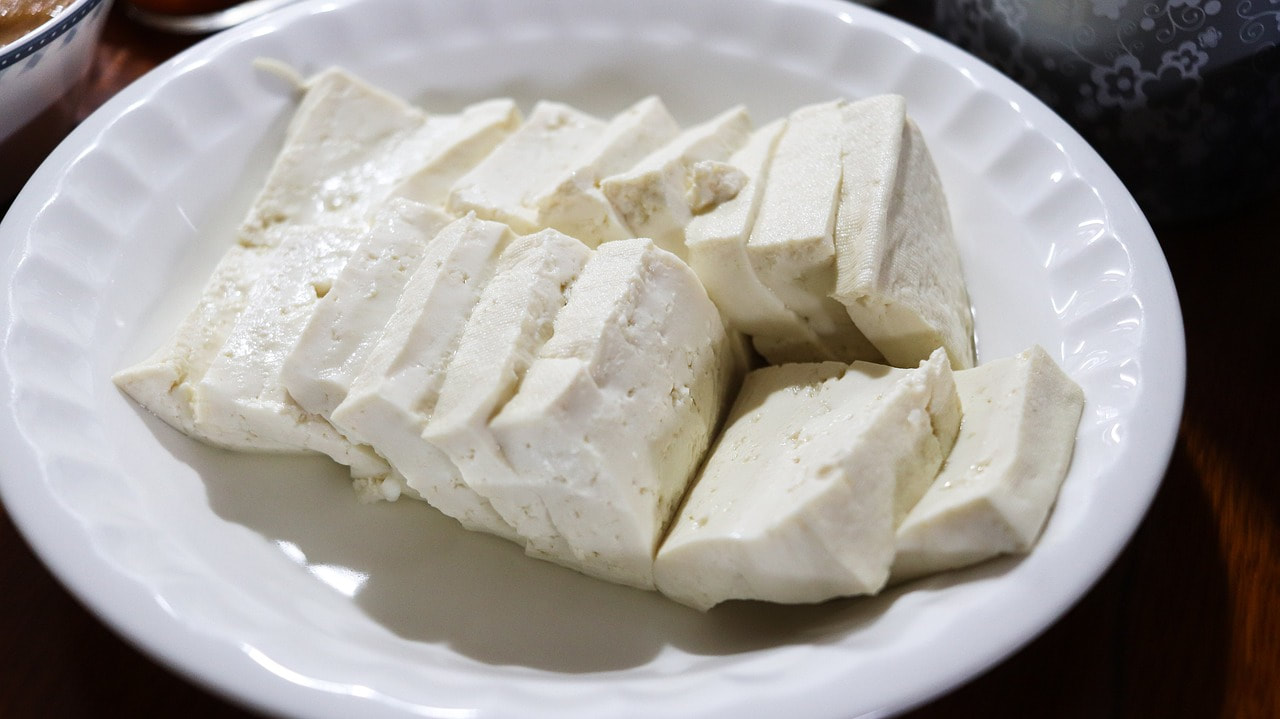
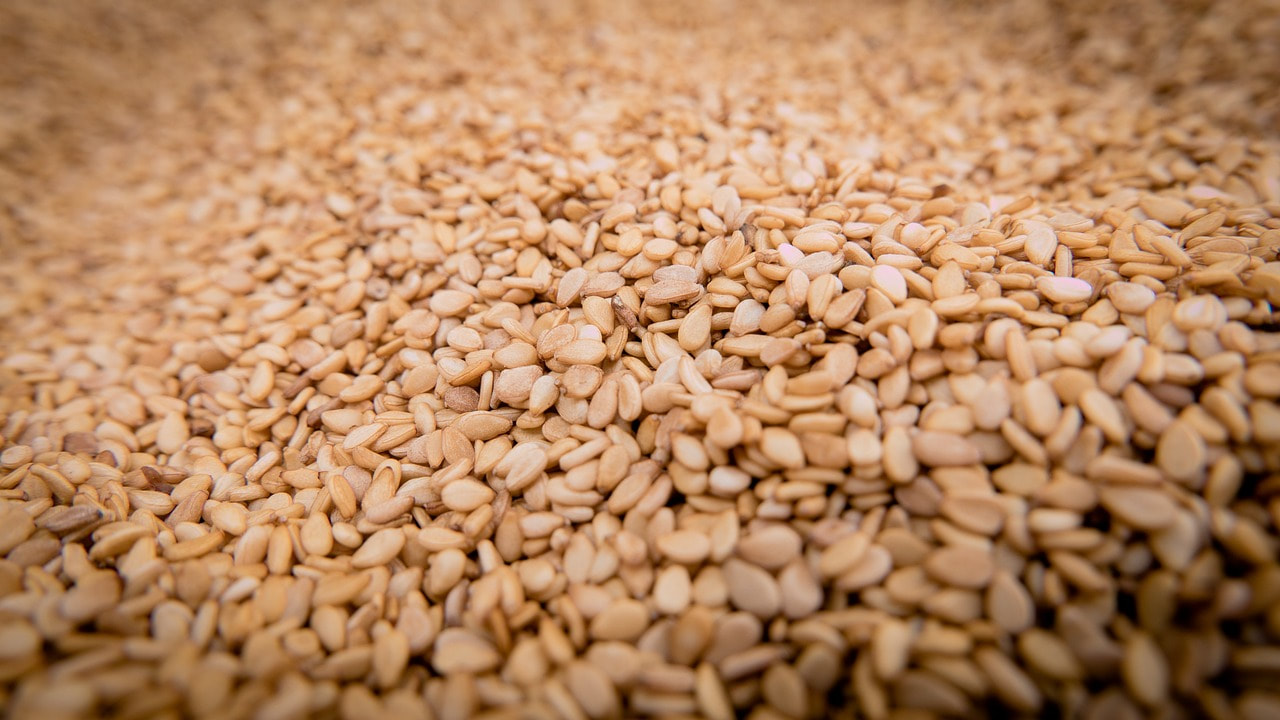
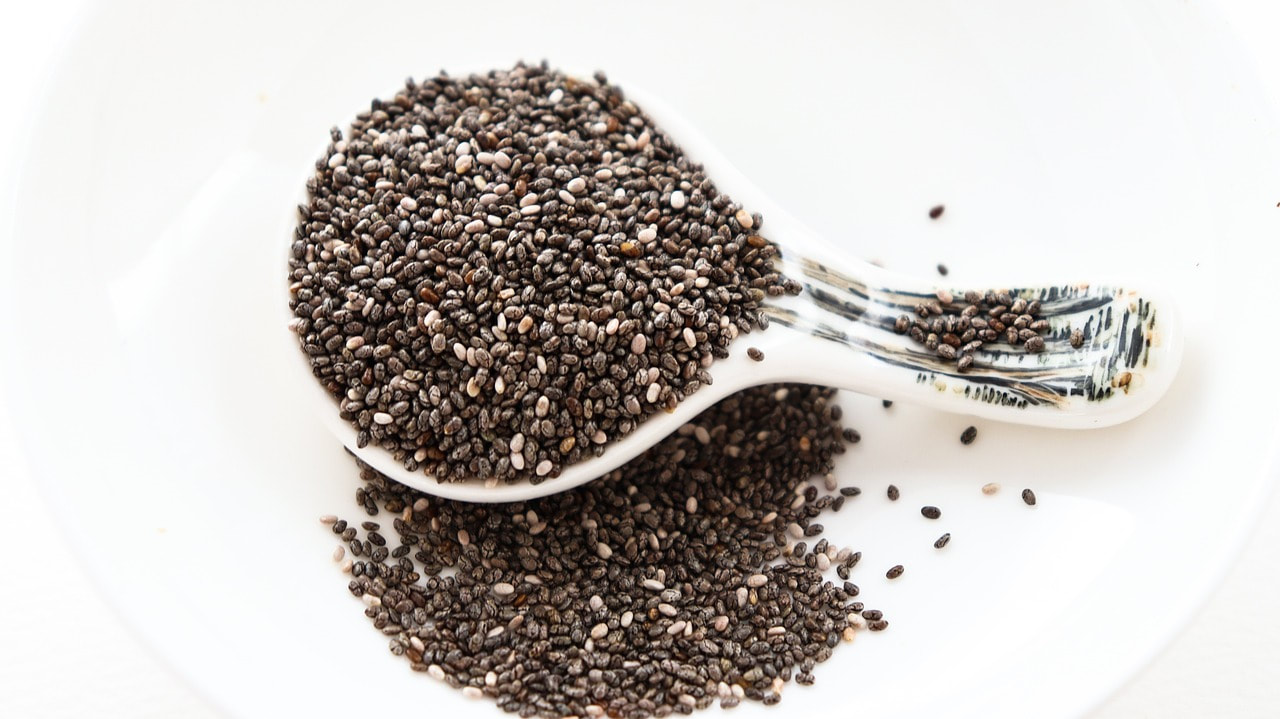
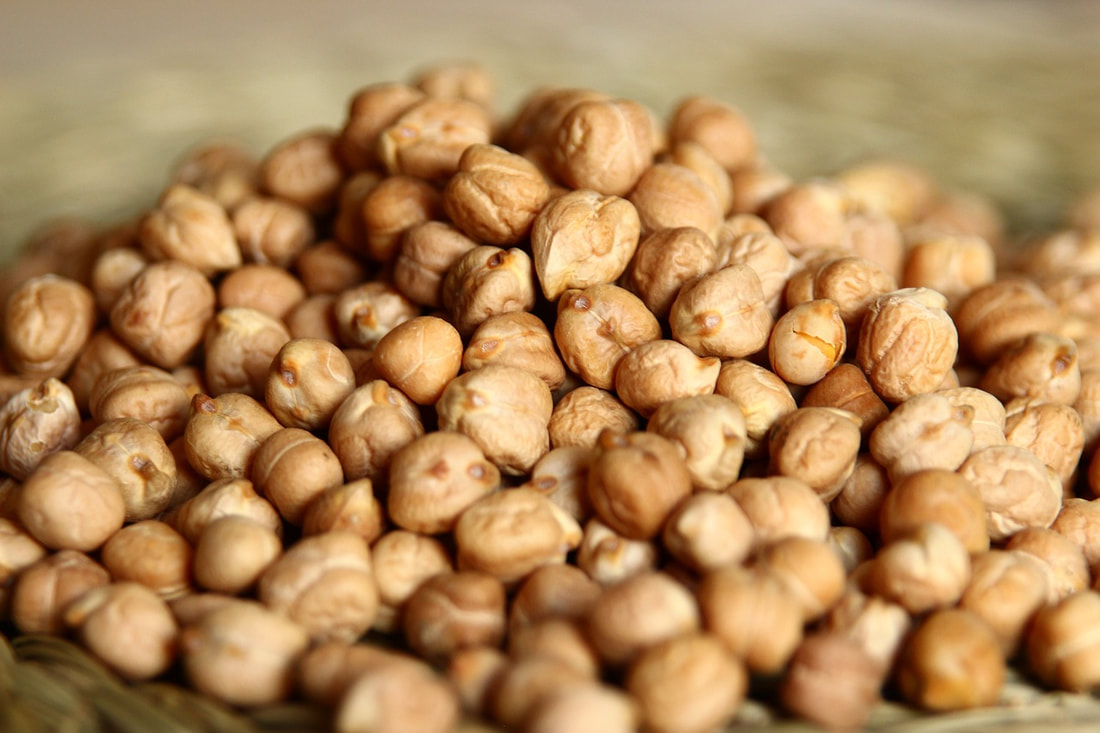
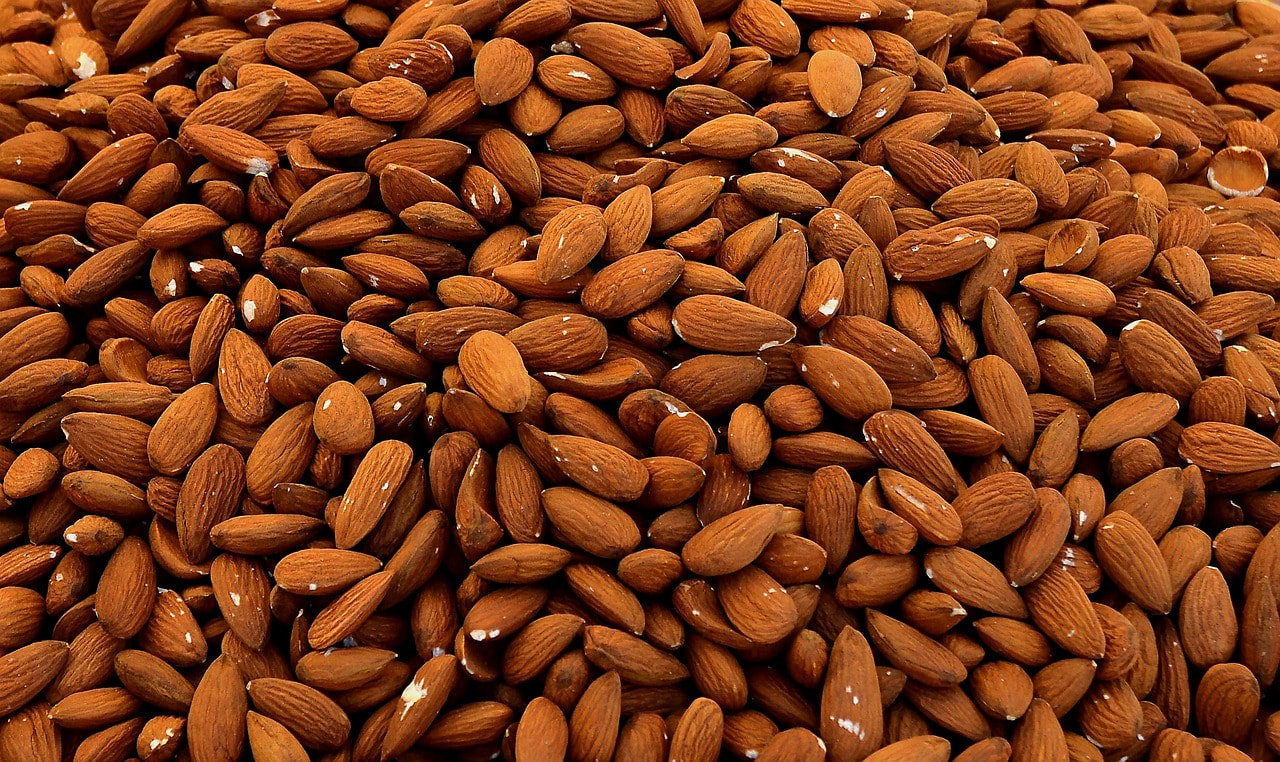
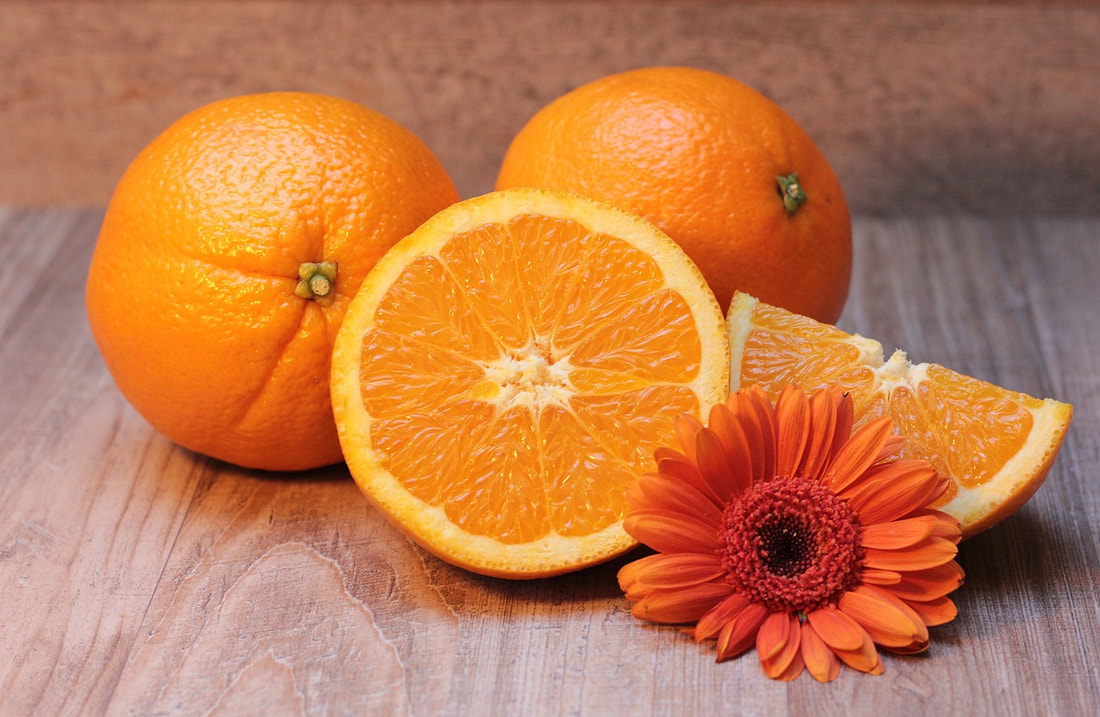
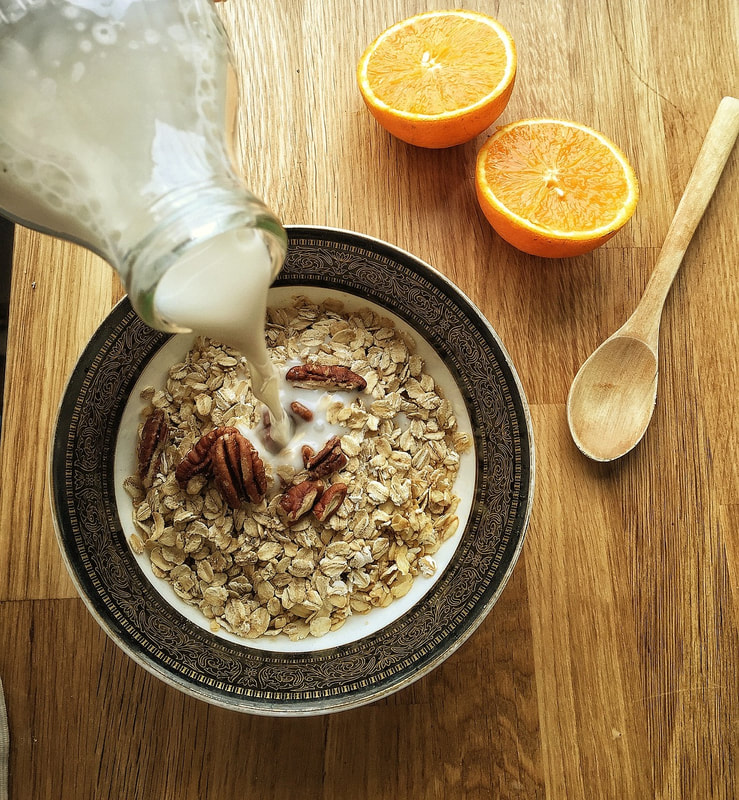
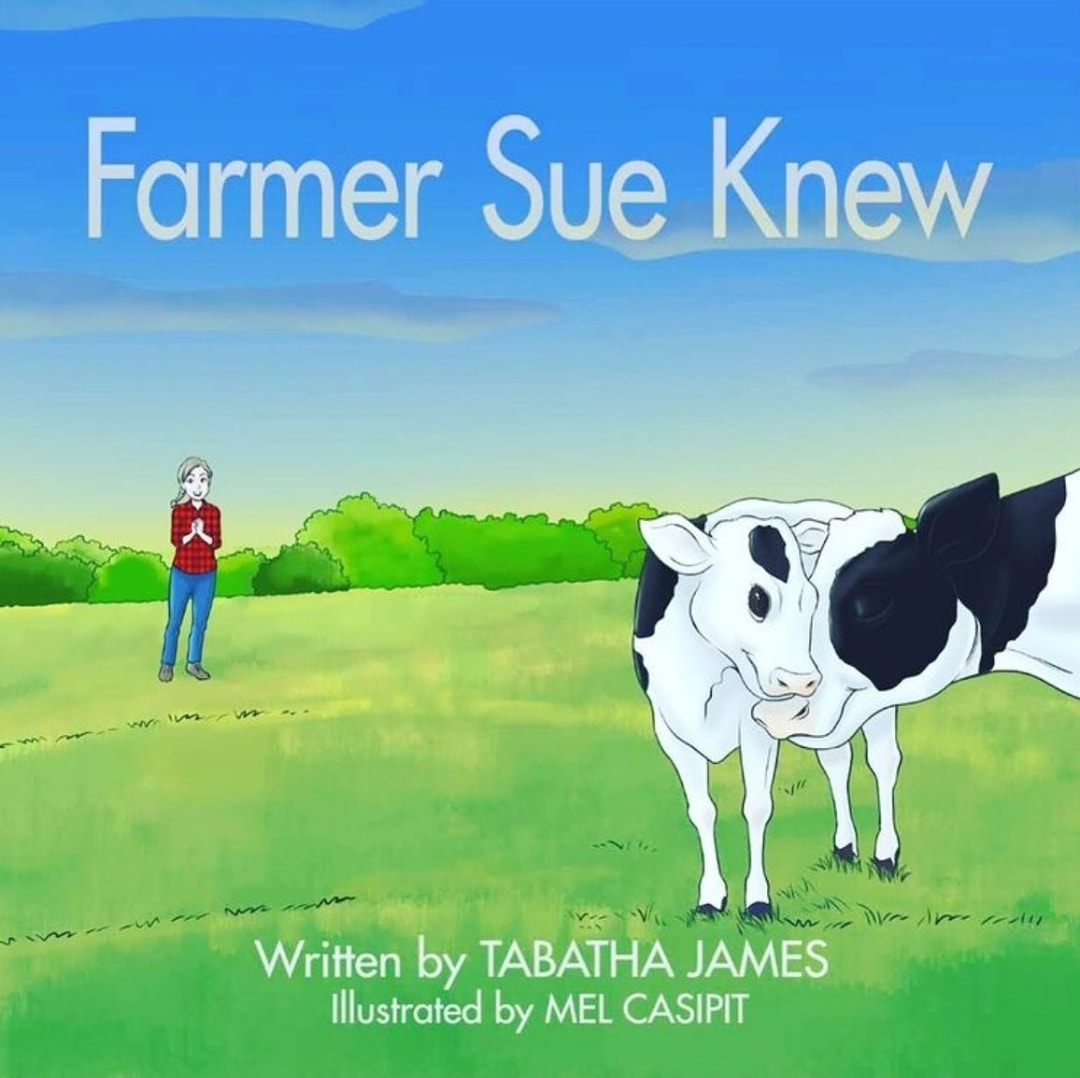
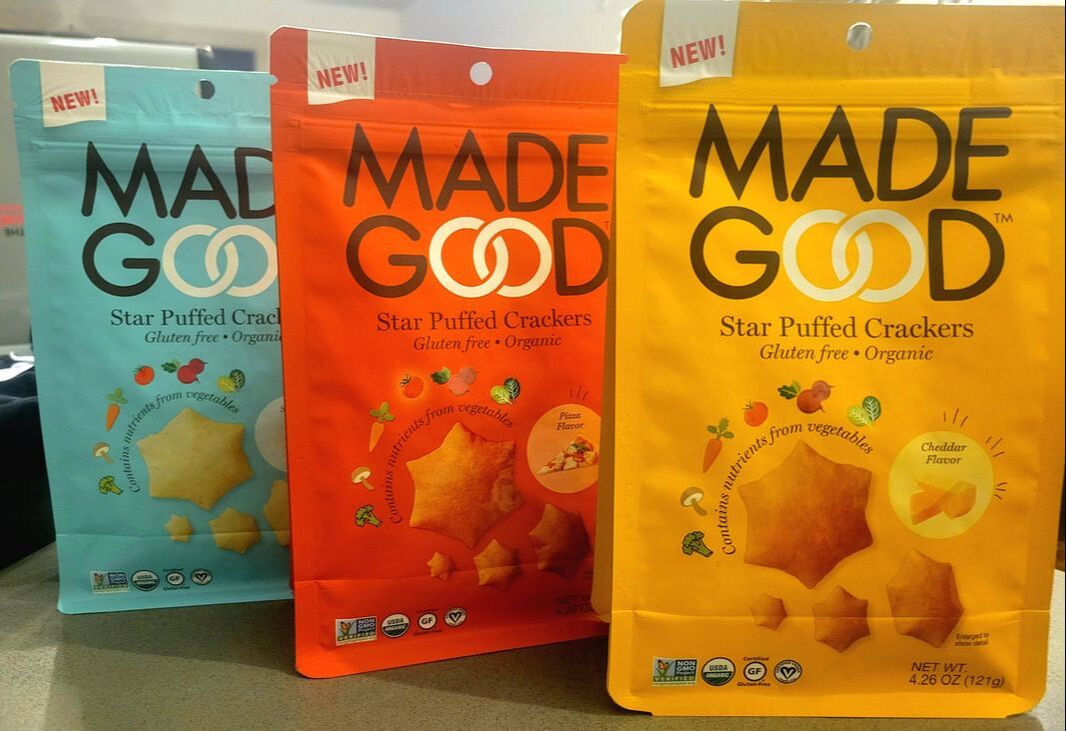

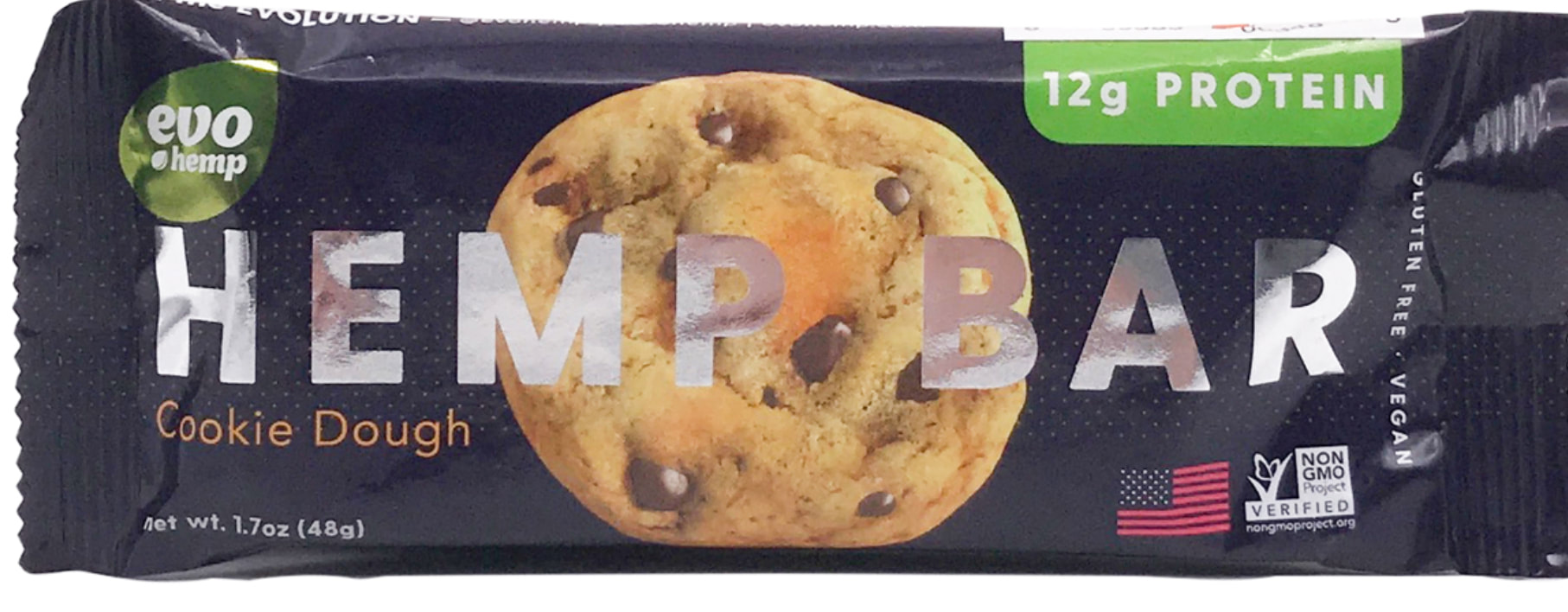
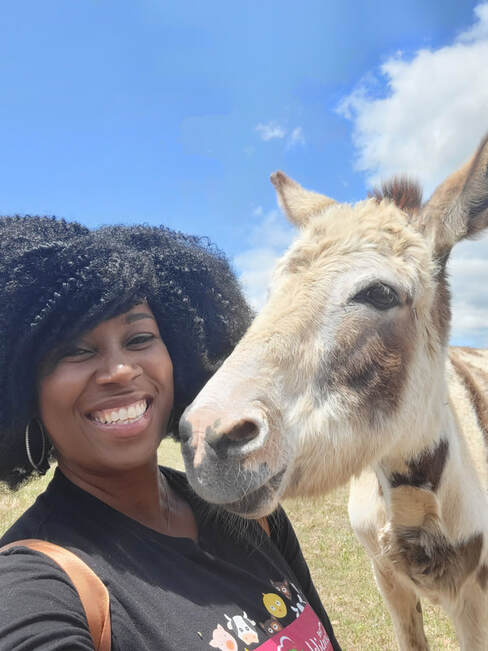
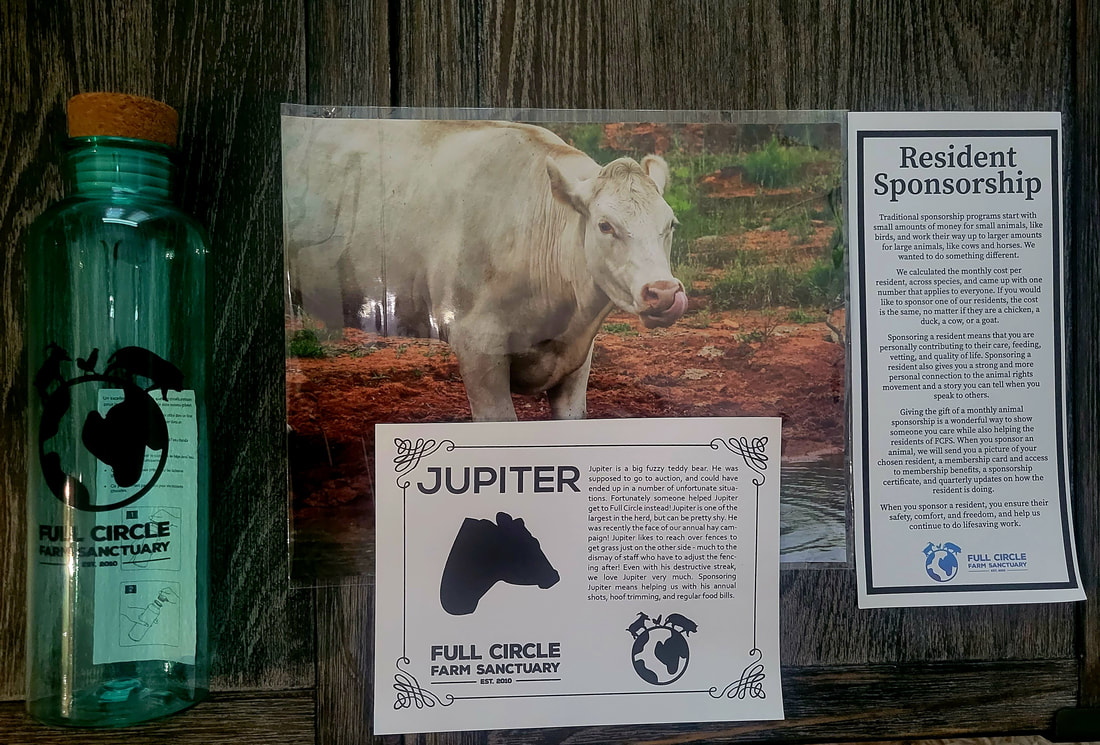
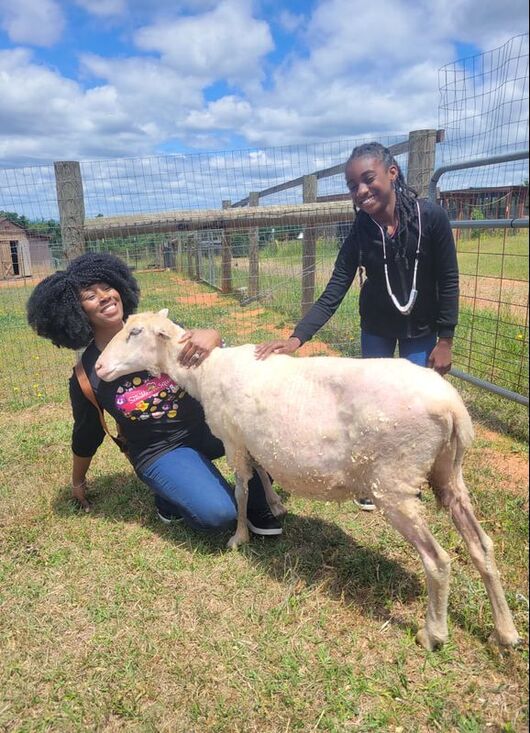
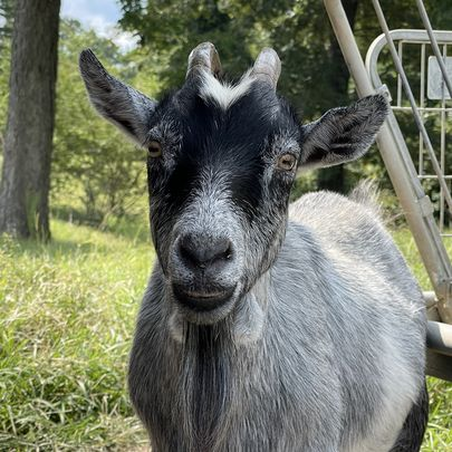
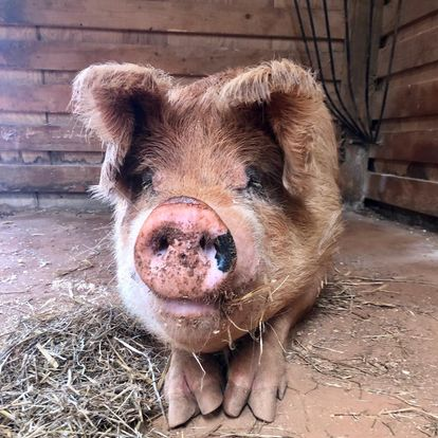
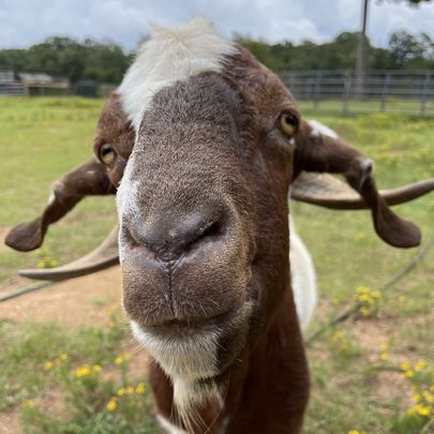
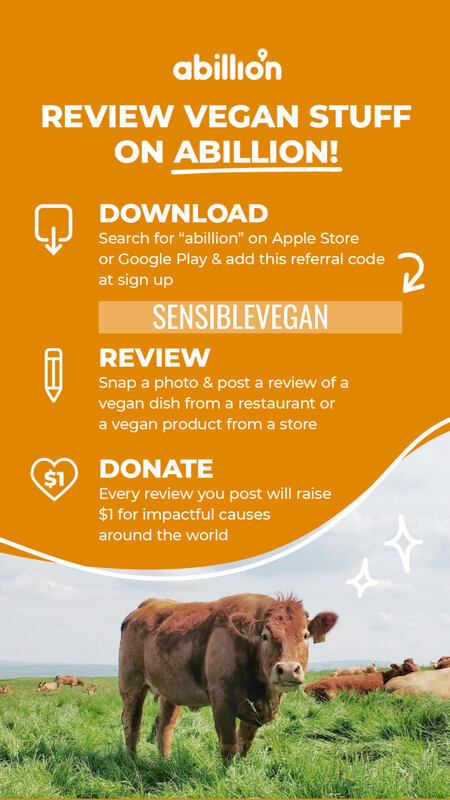
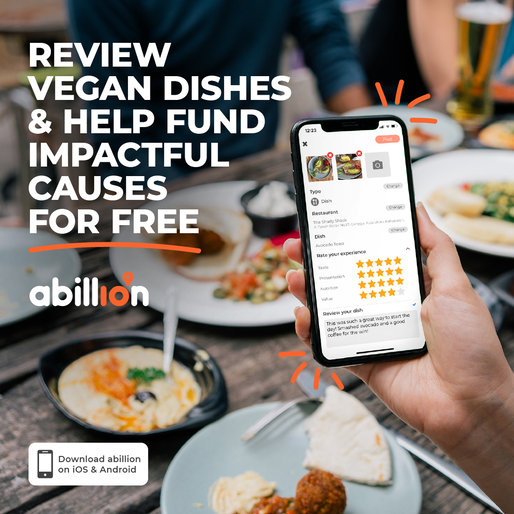
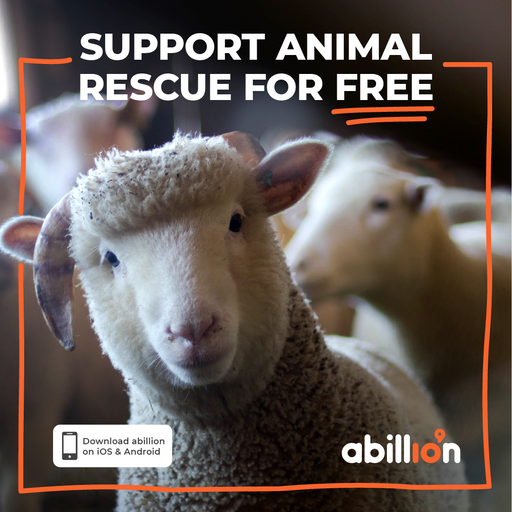
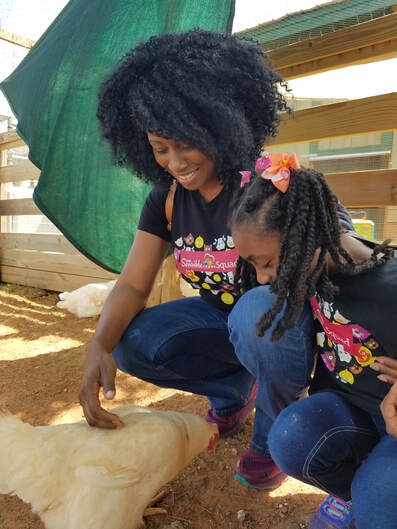
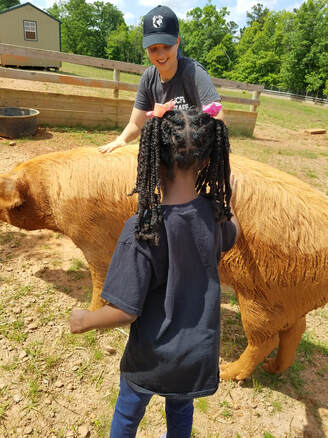
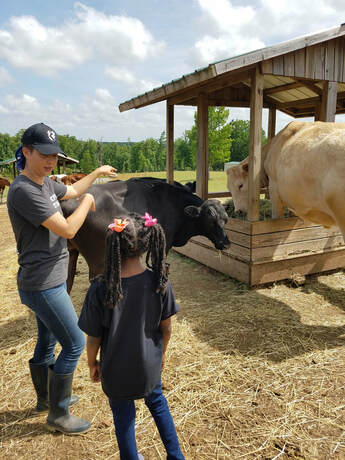
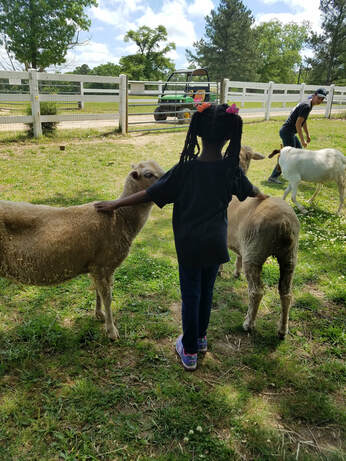
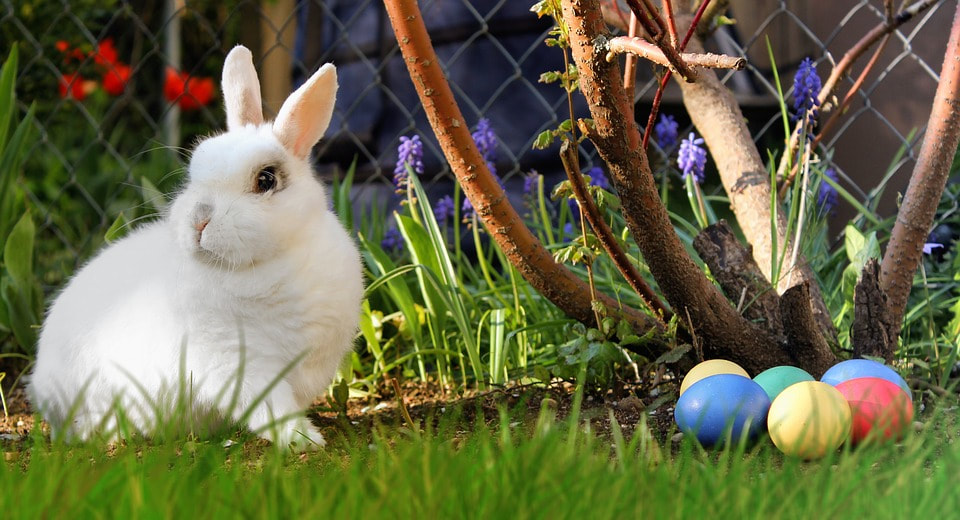

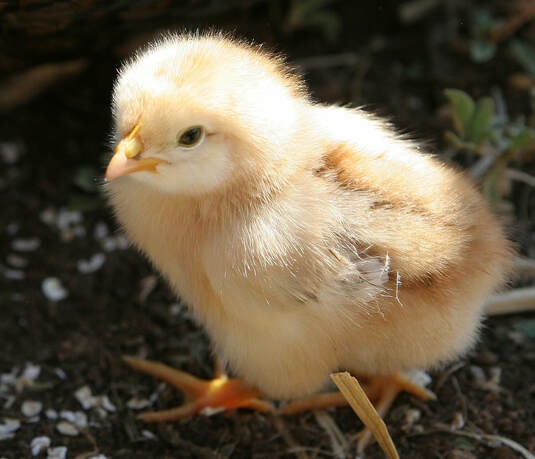
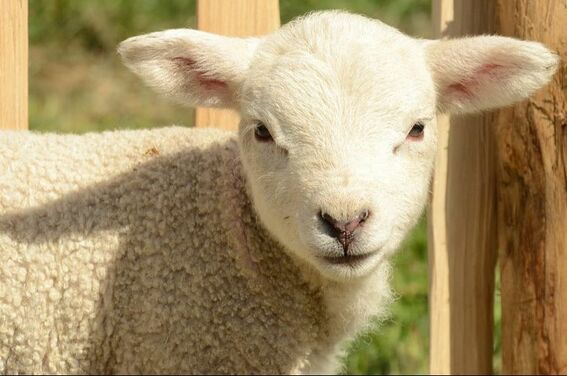
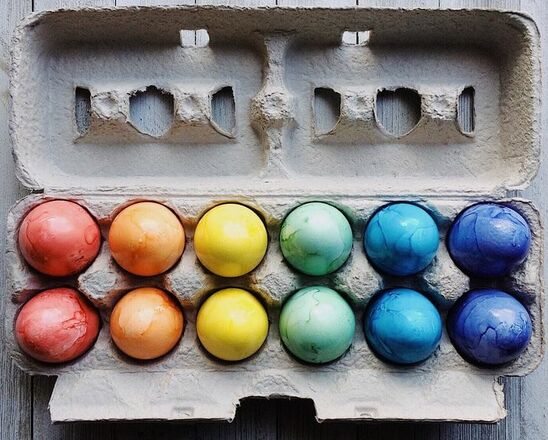


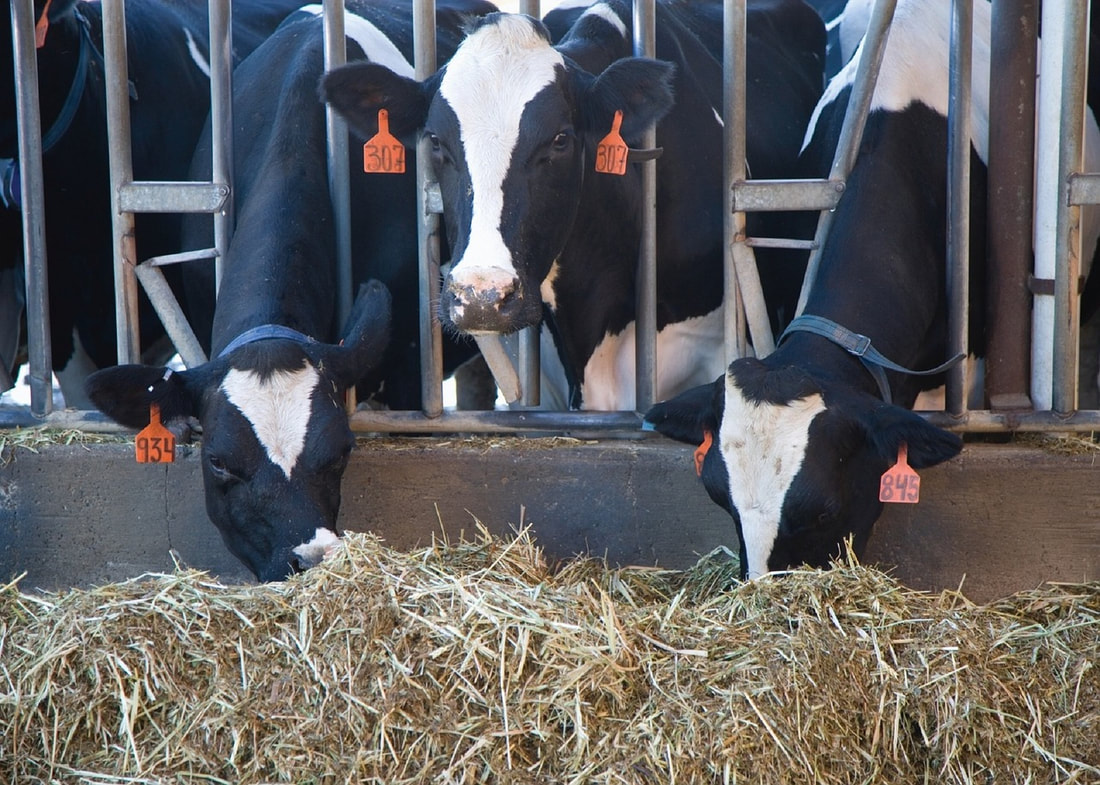
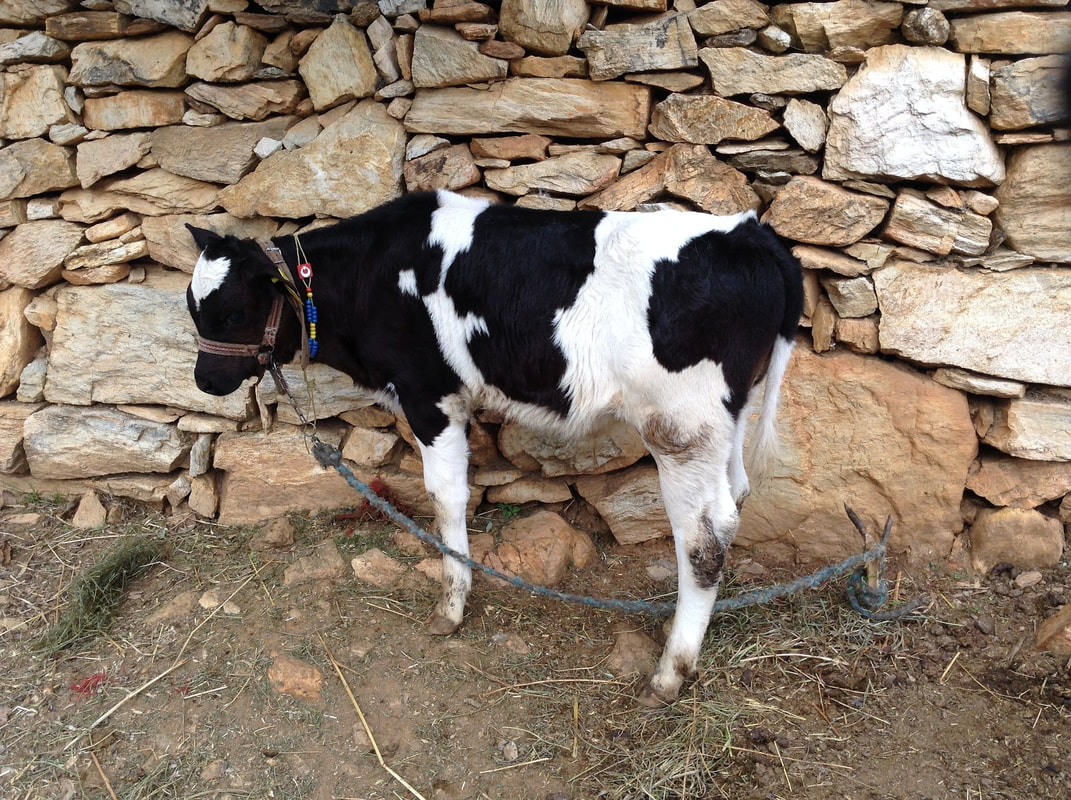
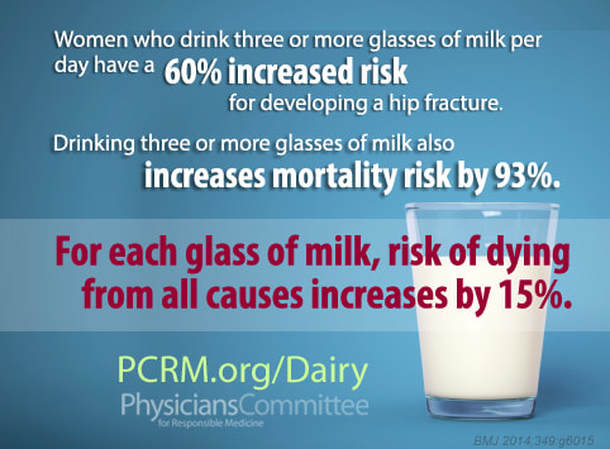
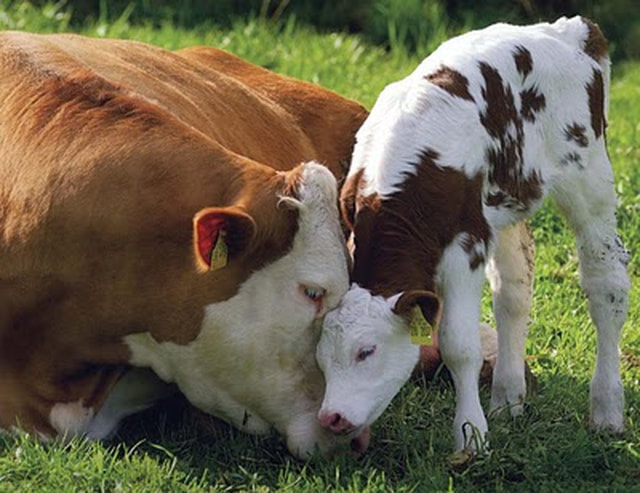
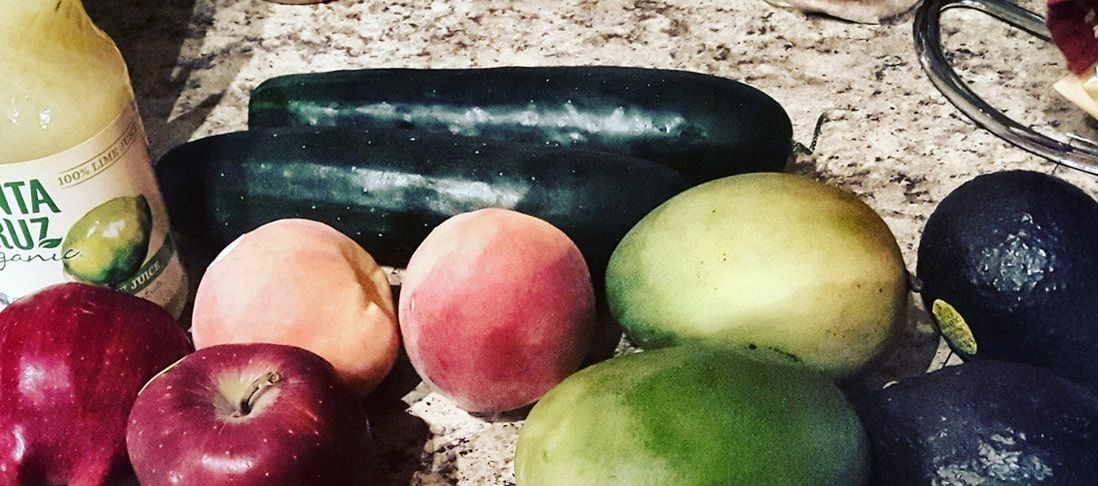
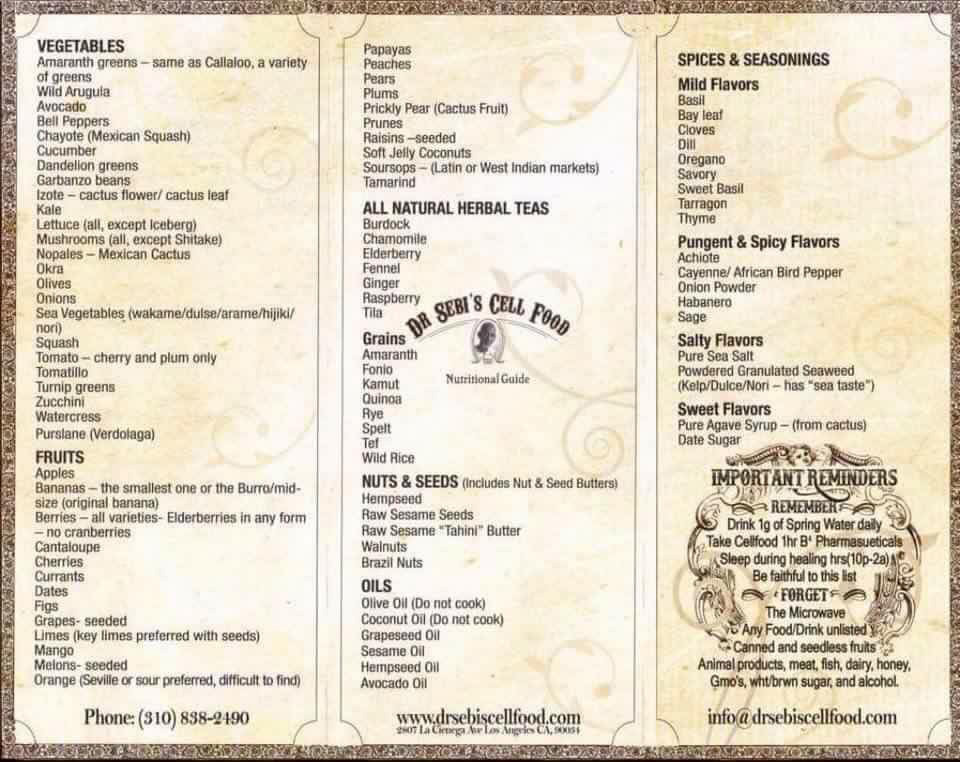
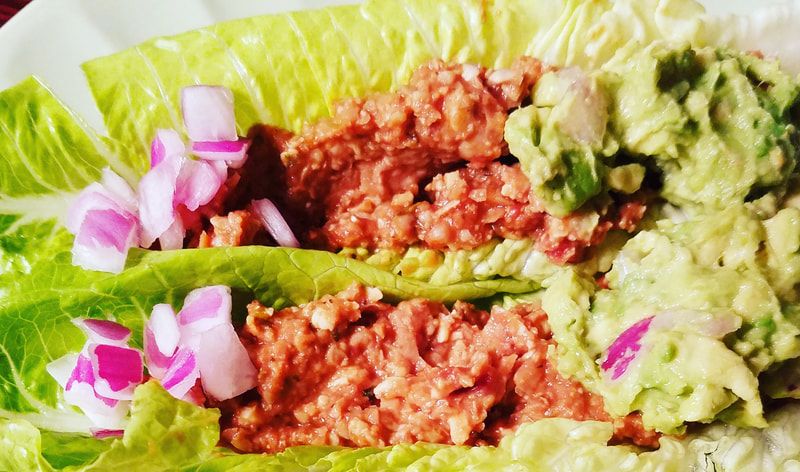
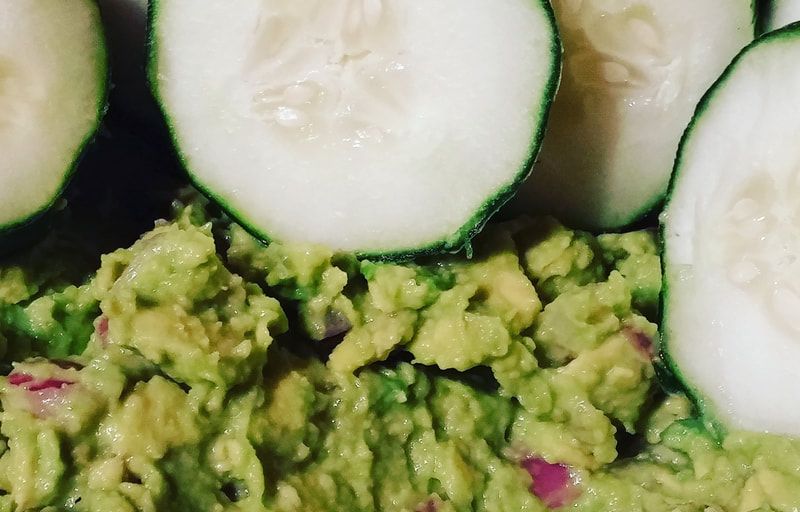
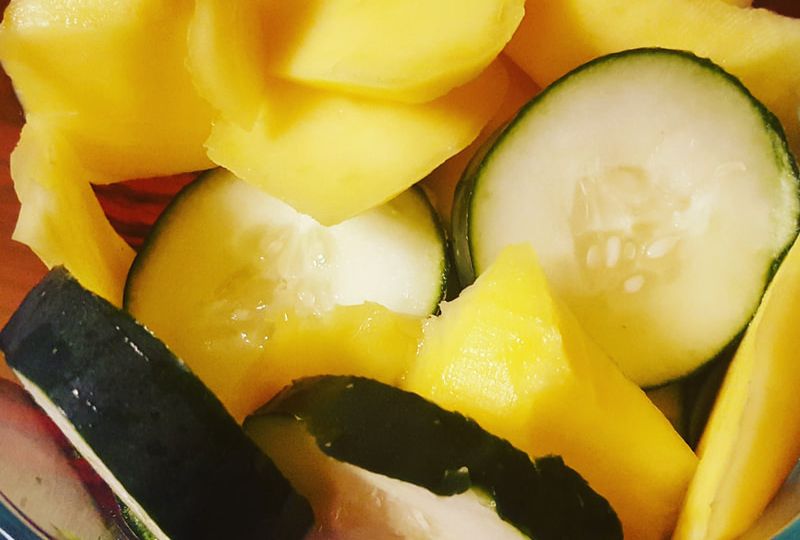
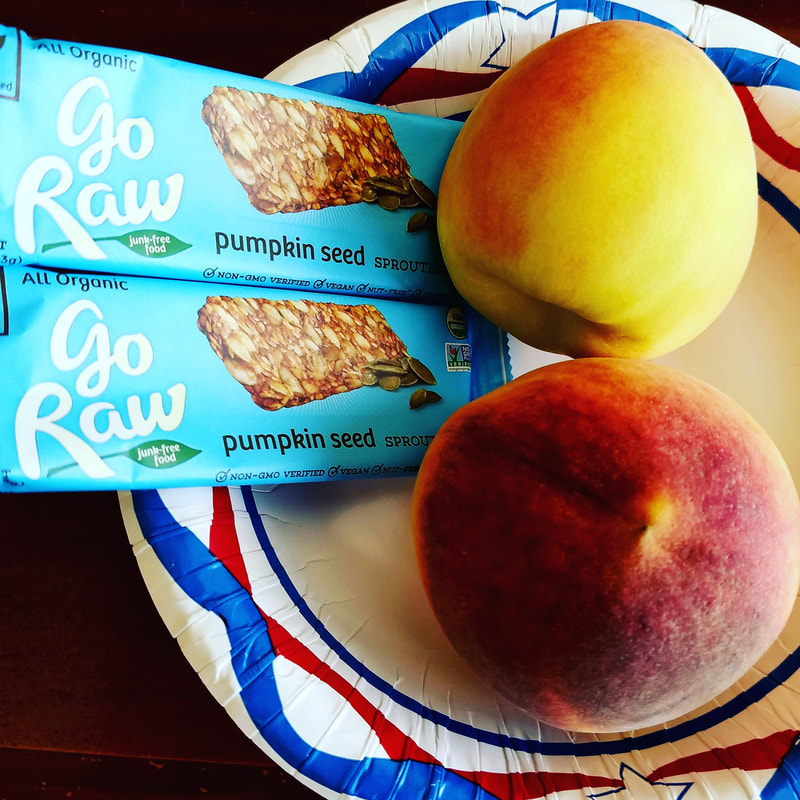
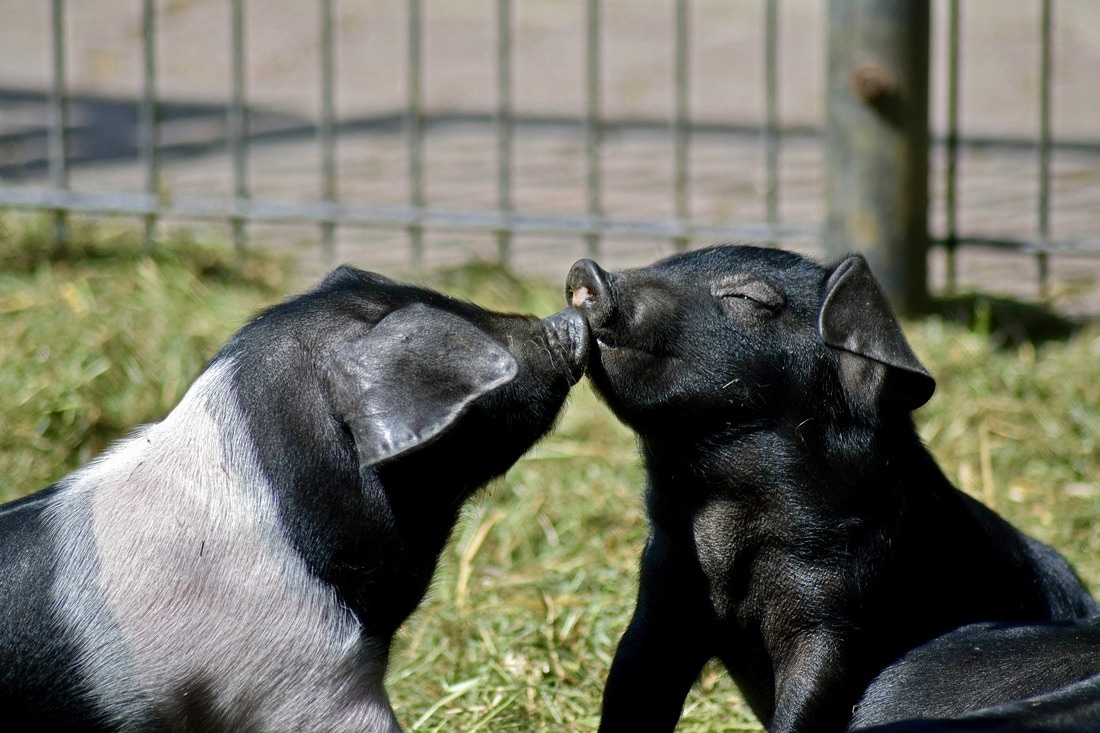
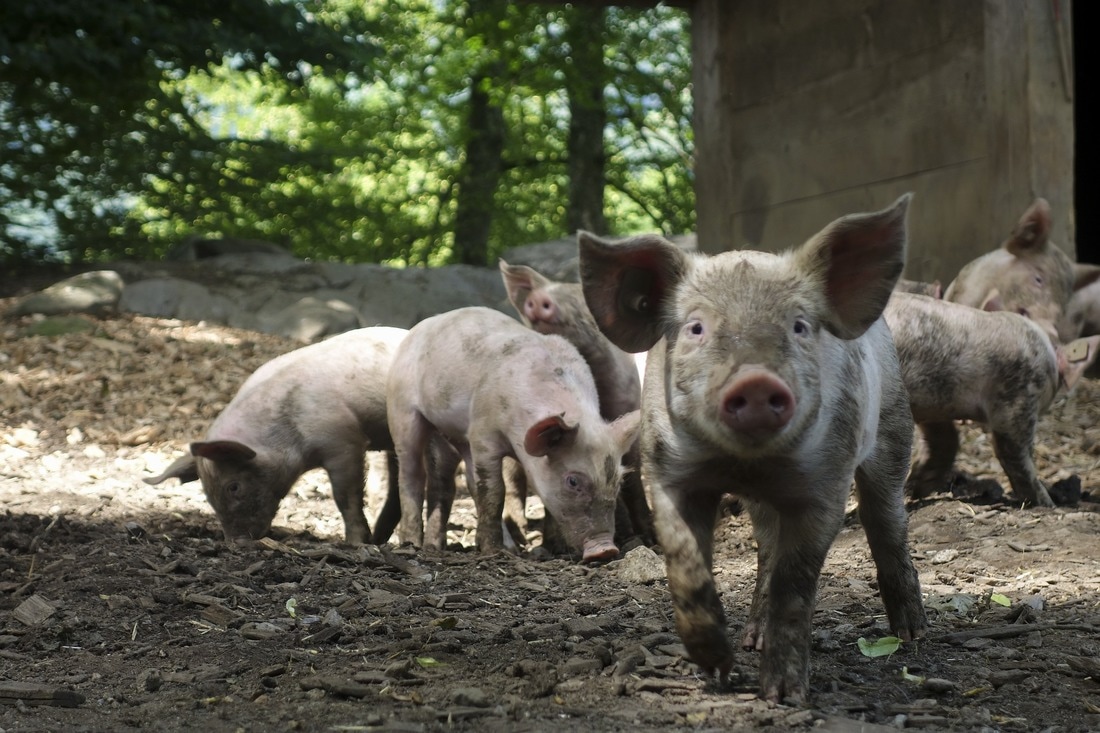
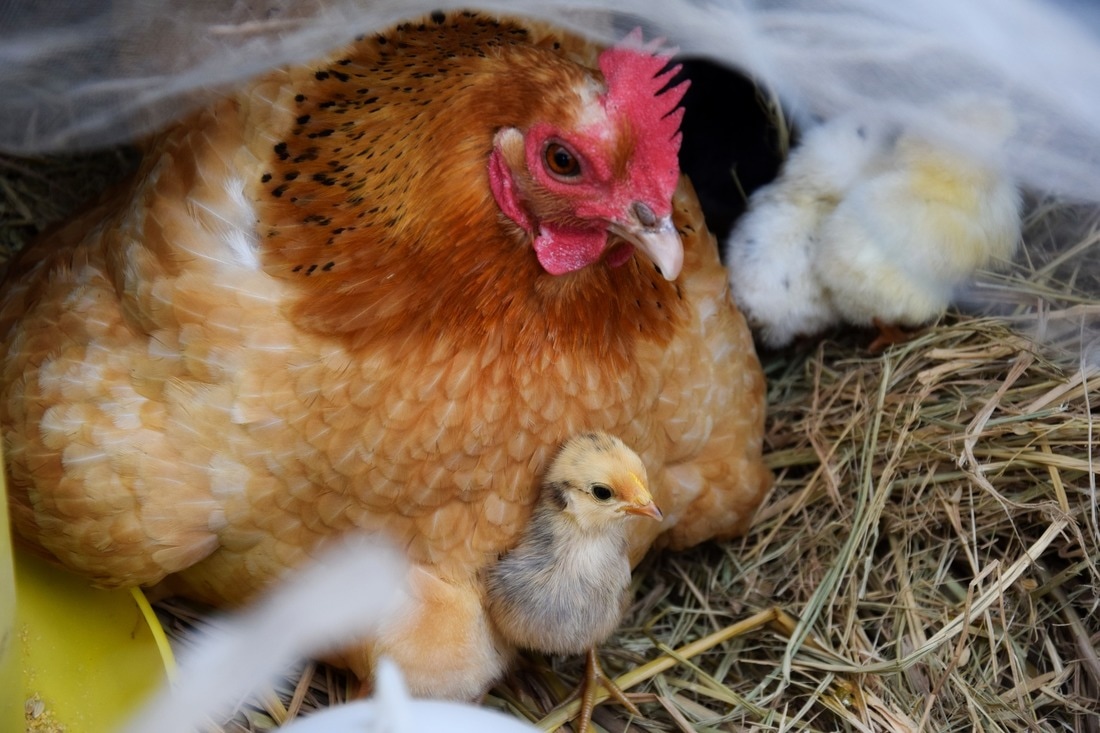
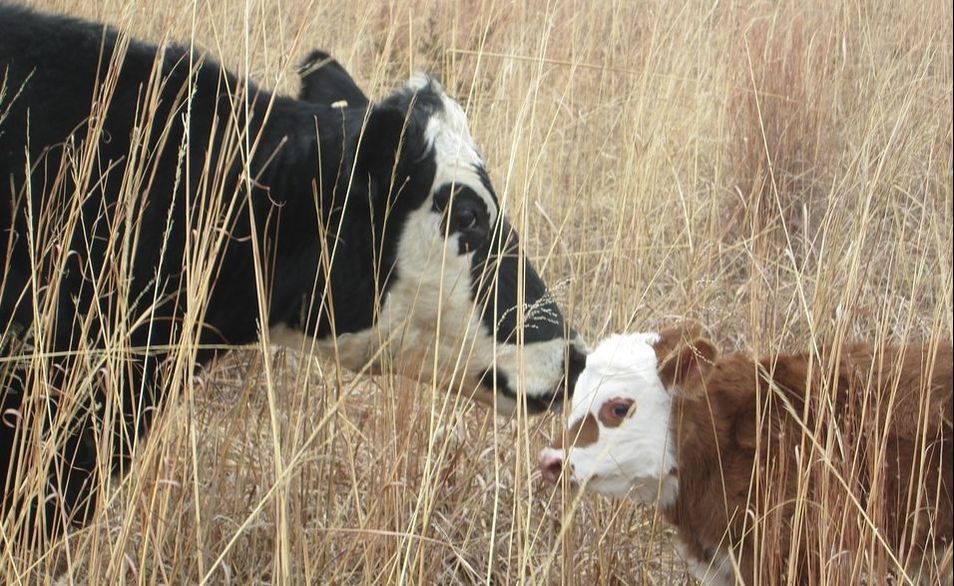
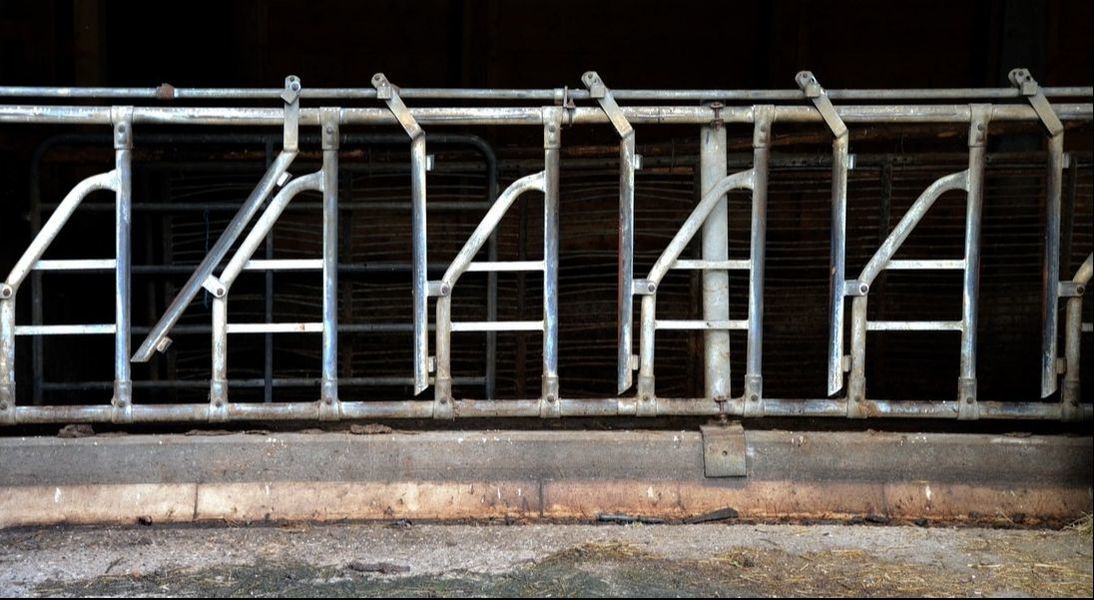
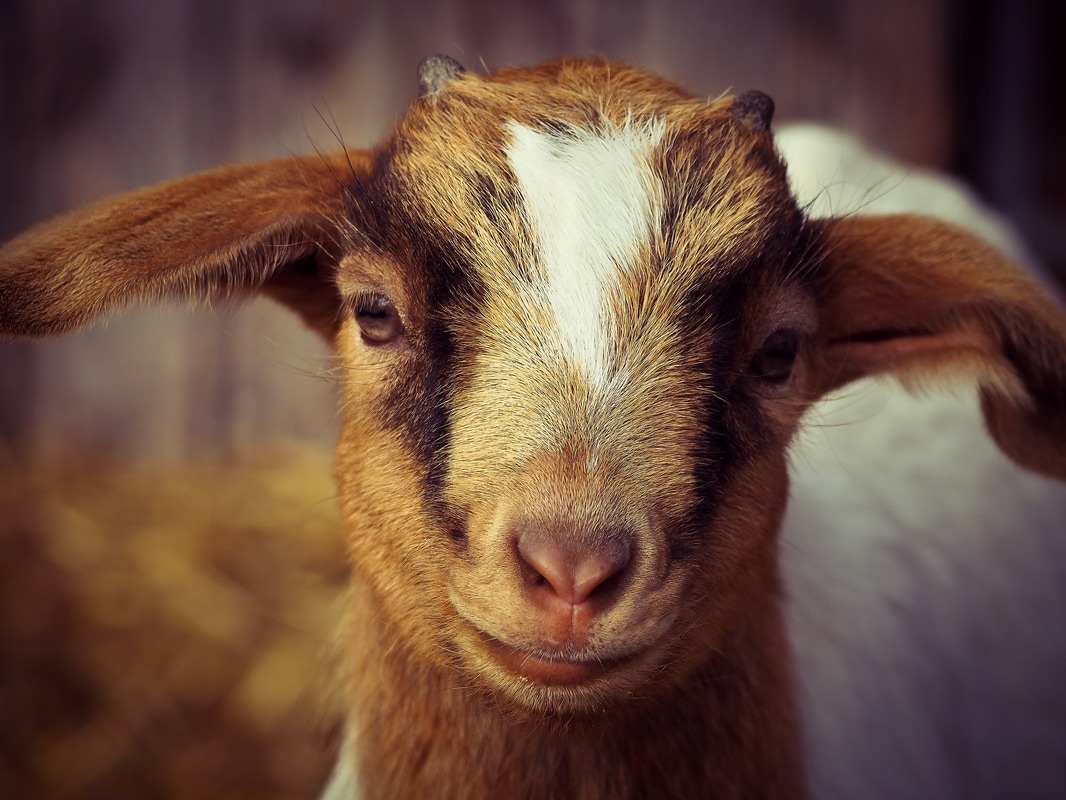
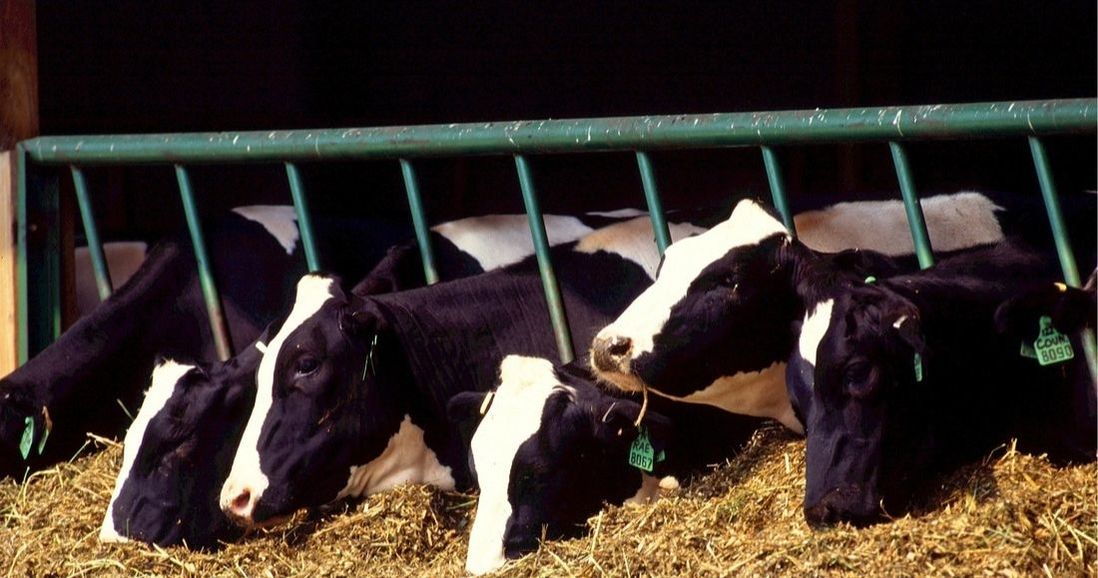
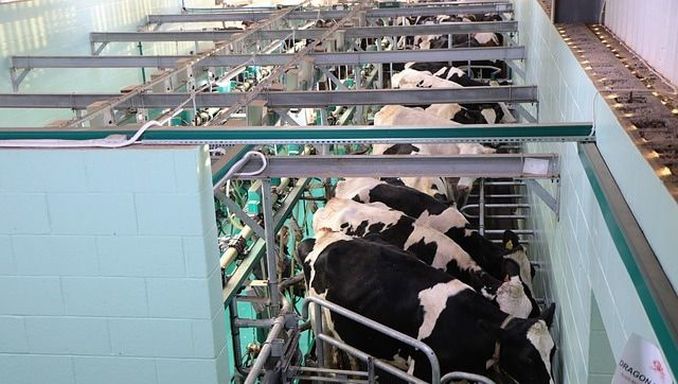
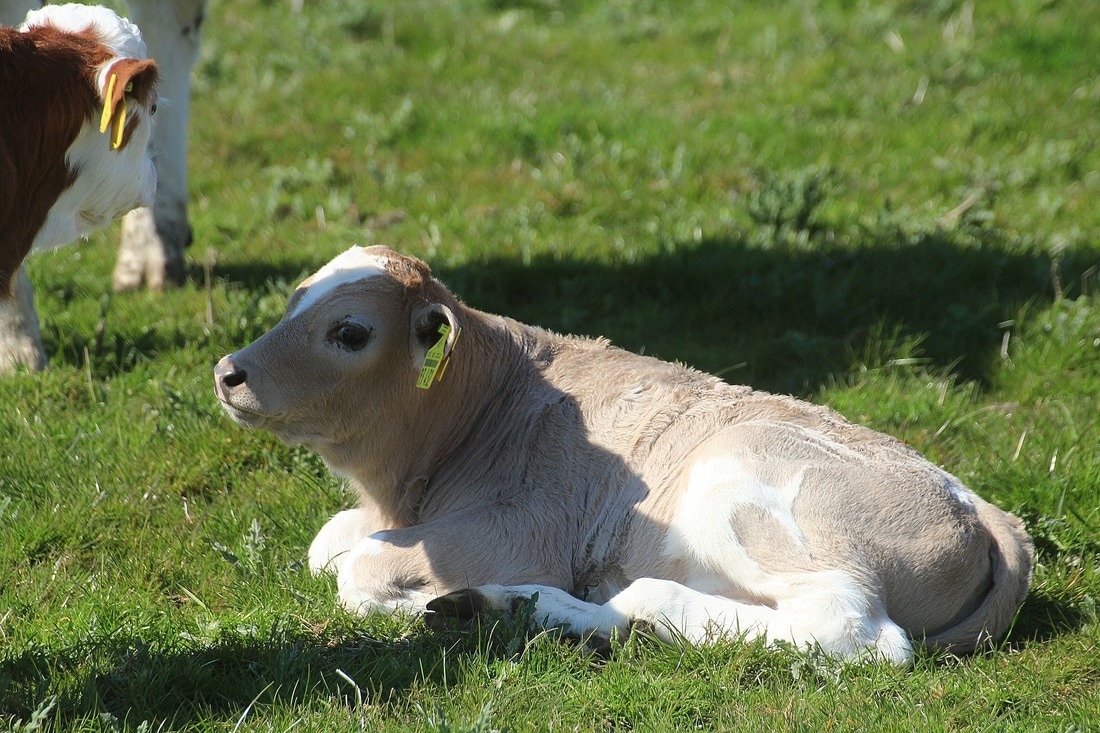
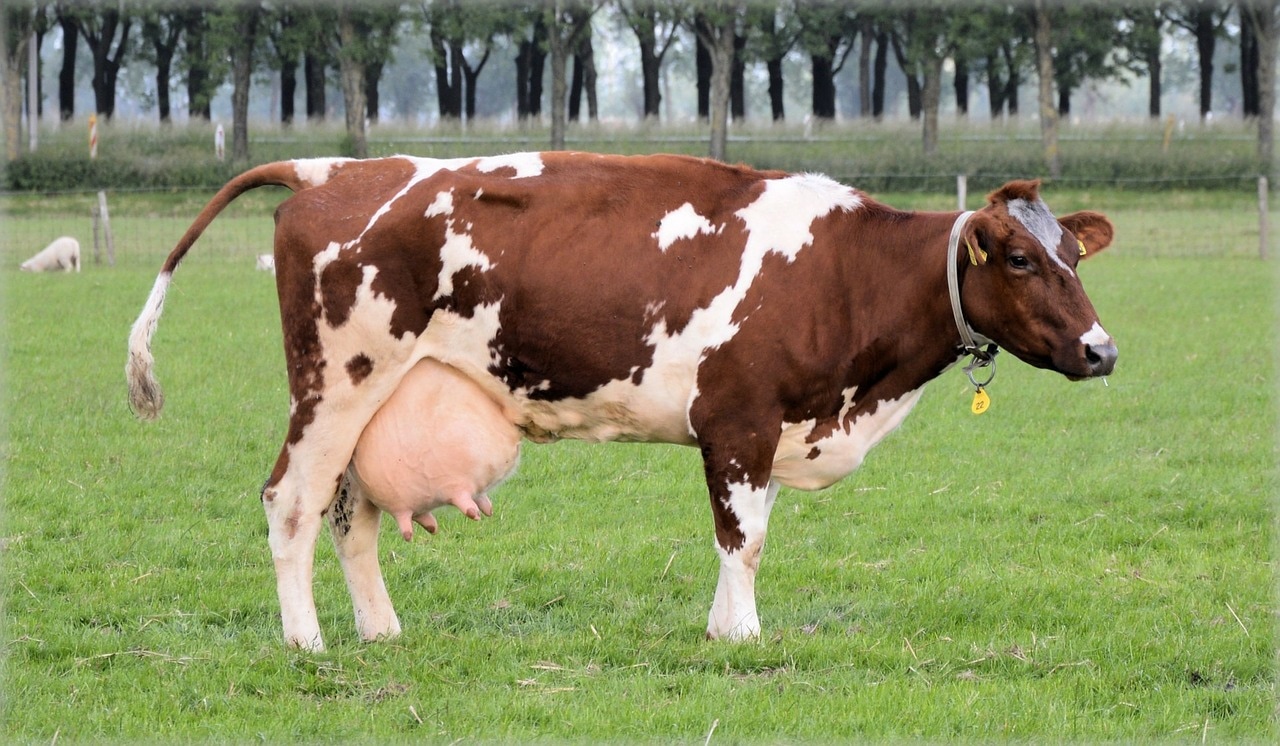
 RSS Feed
RSS Feed
